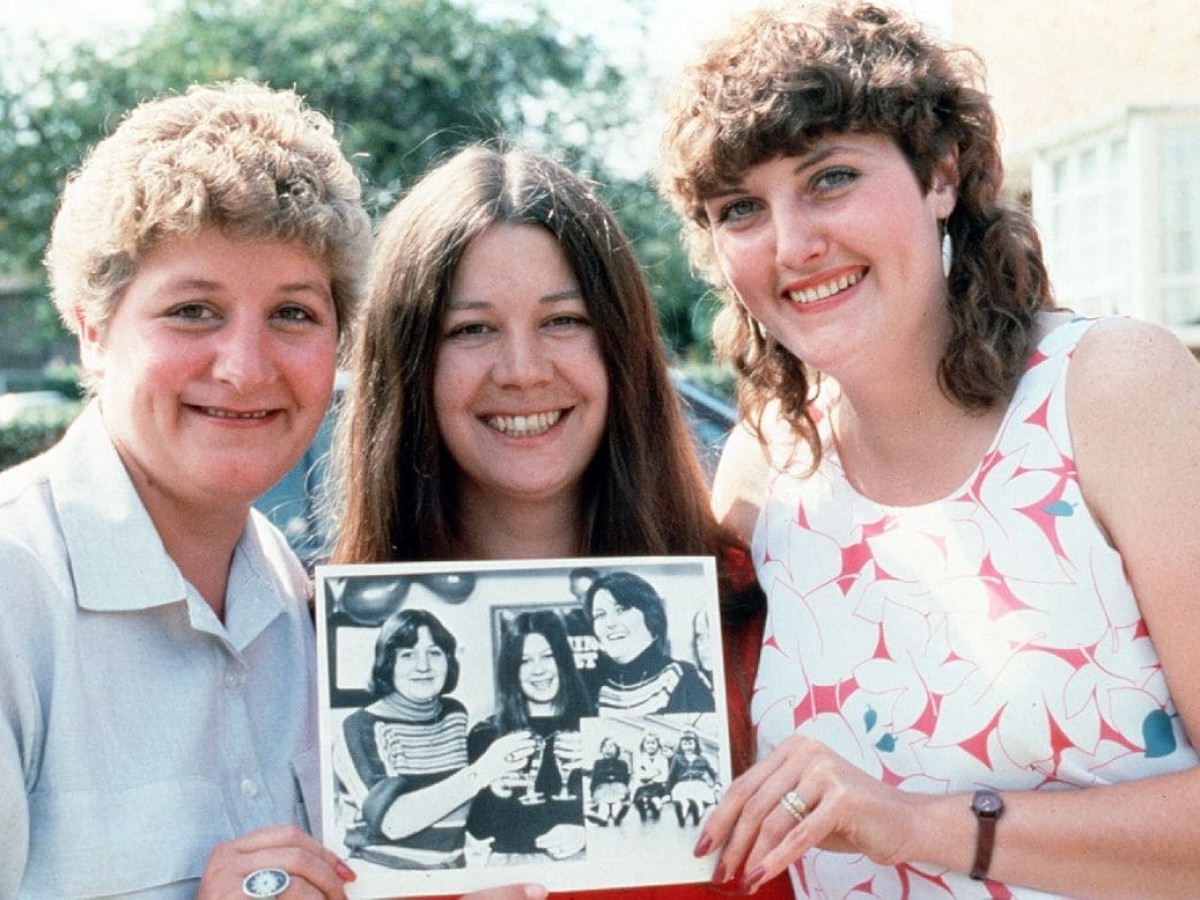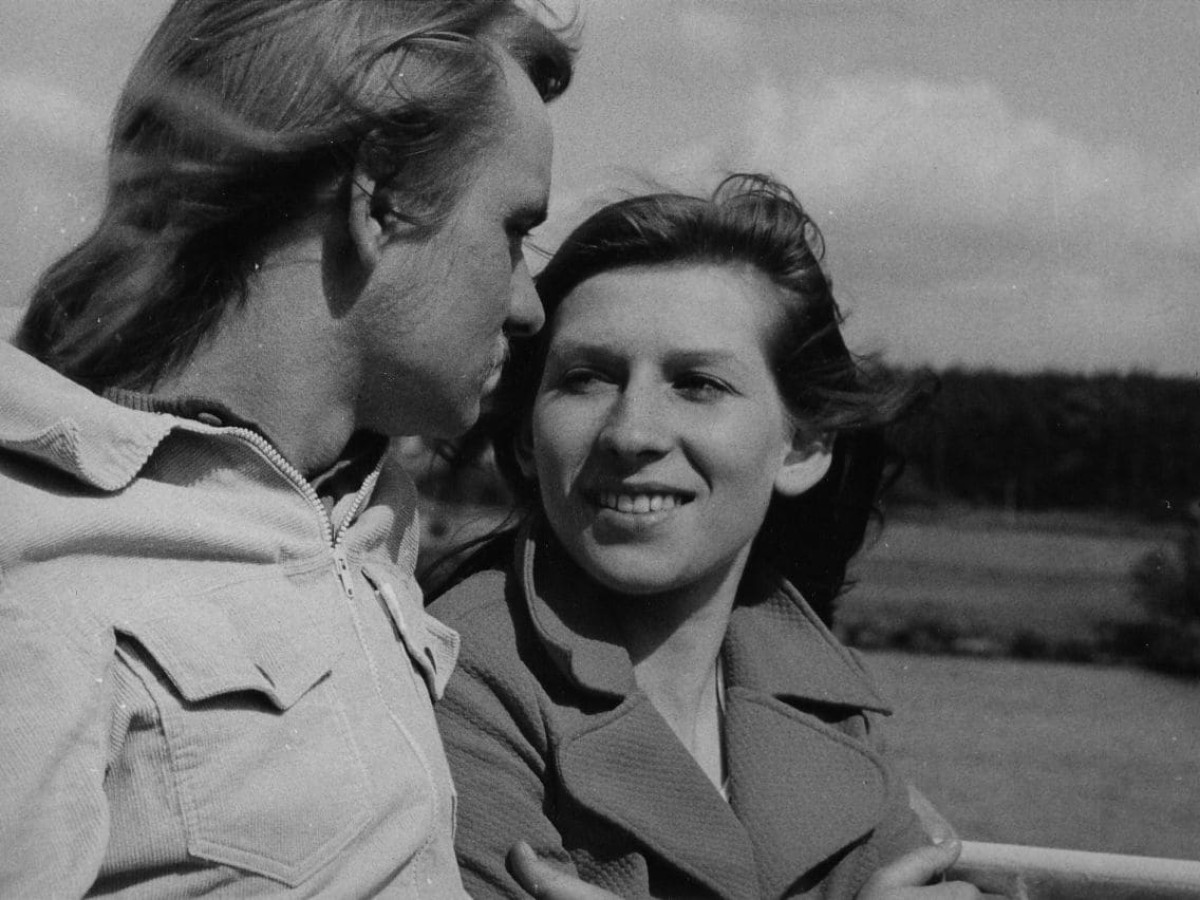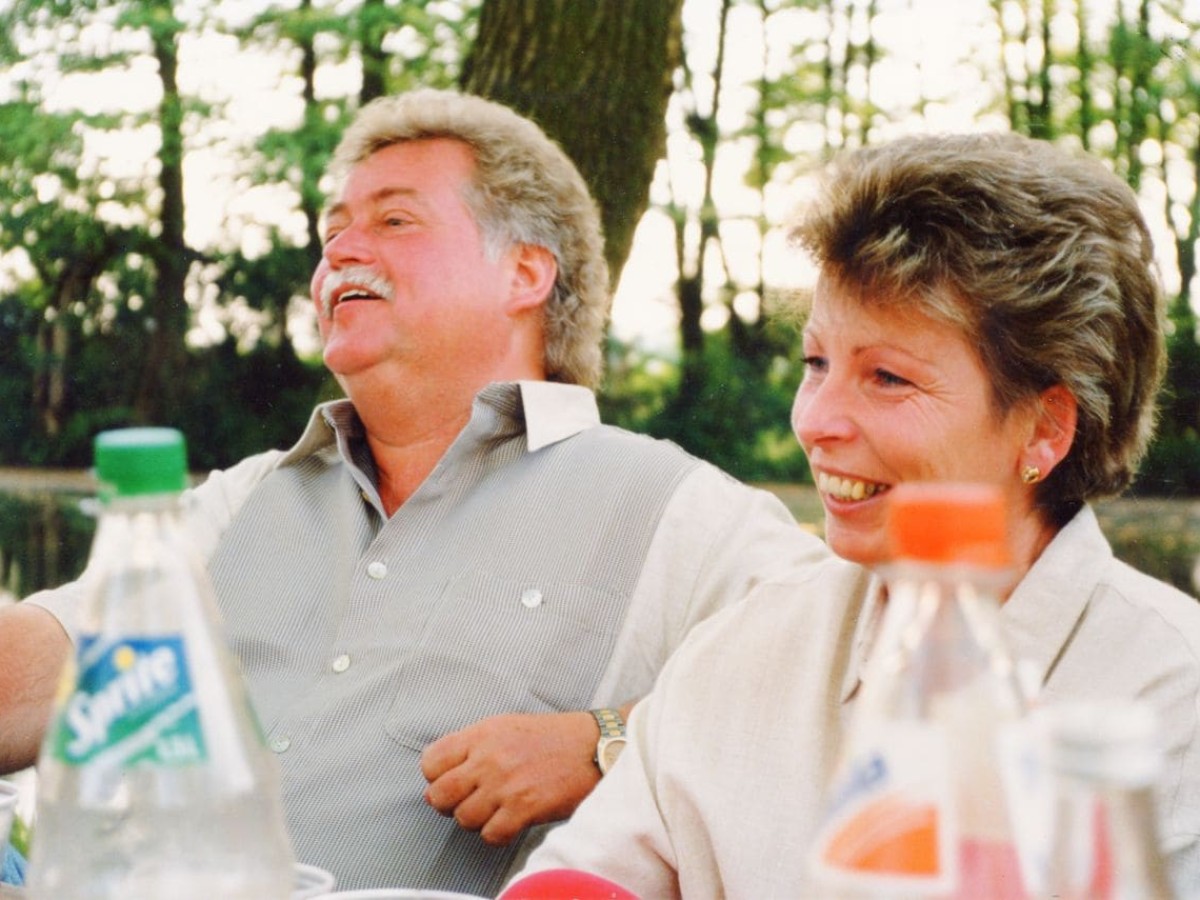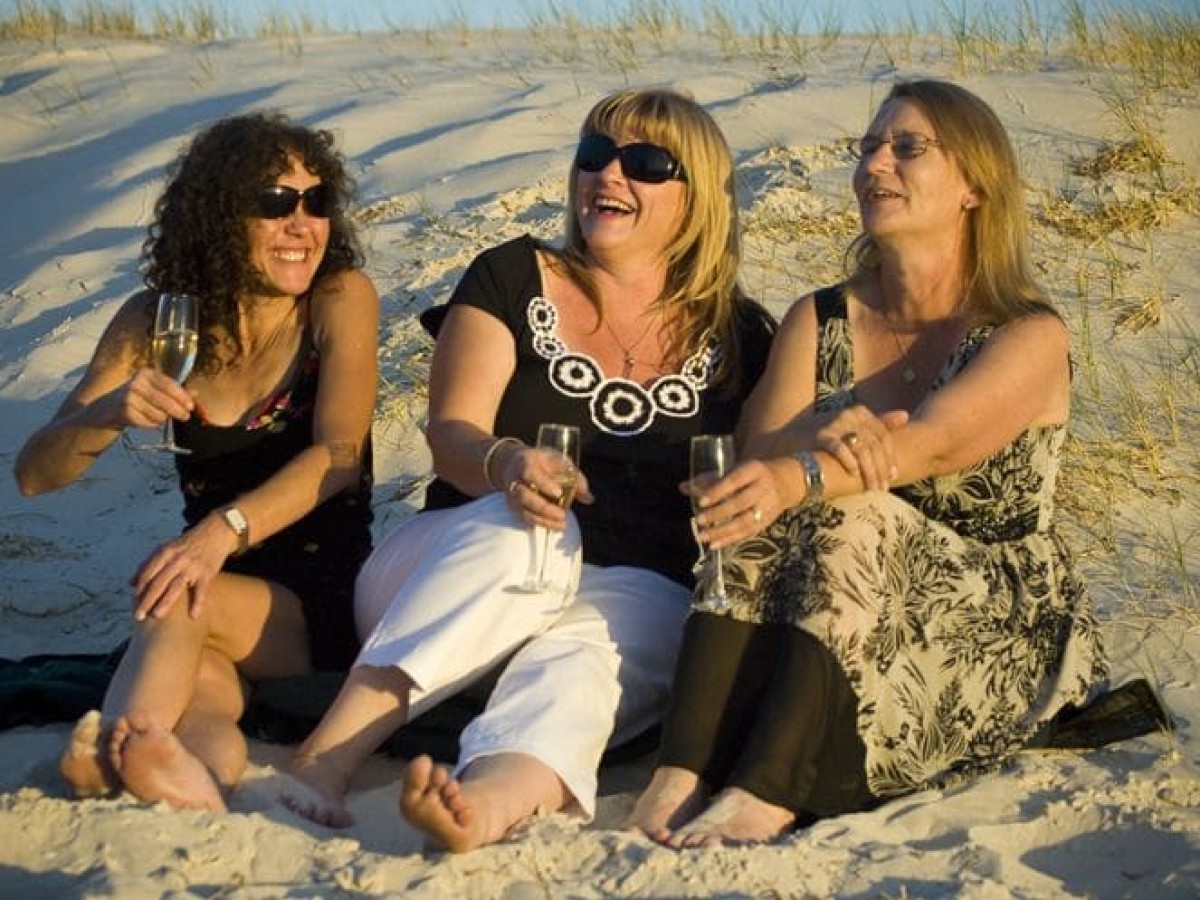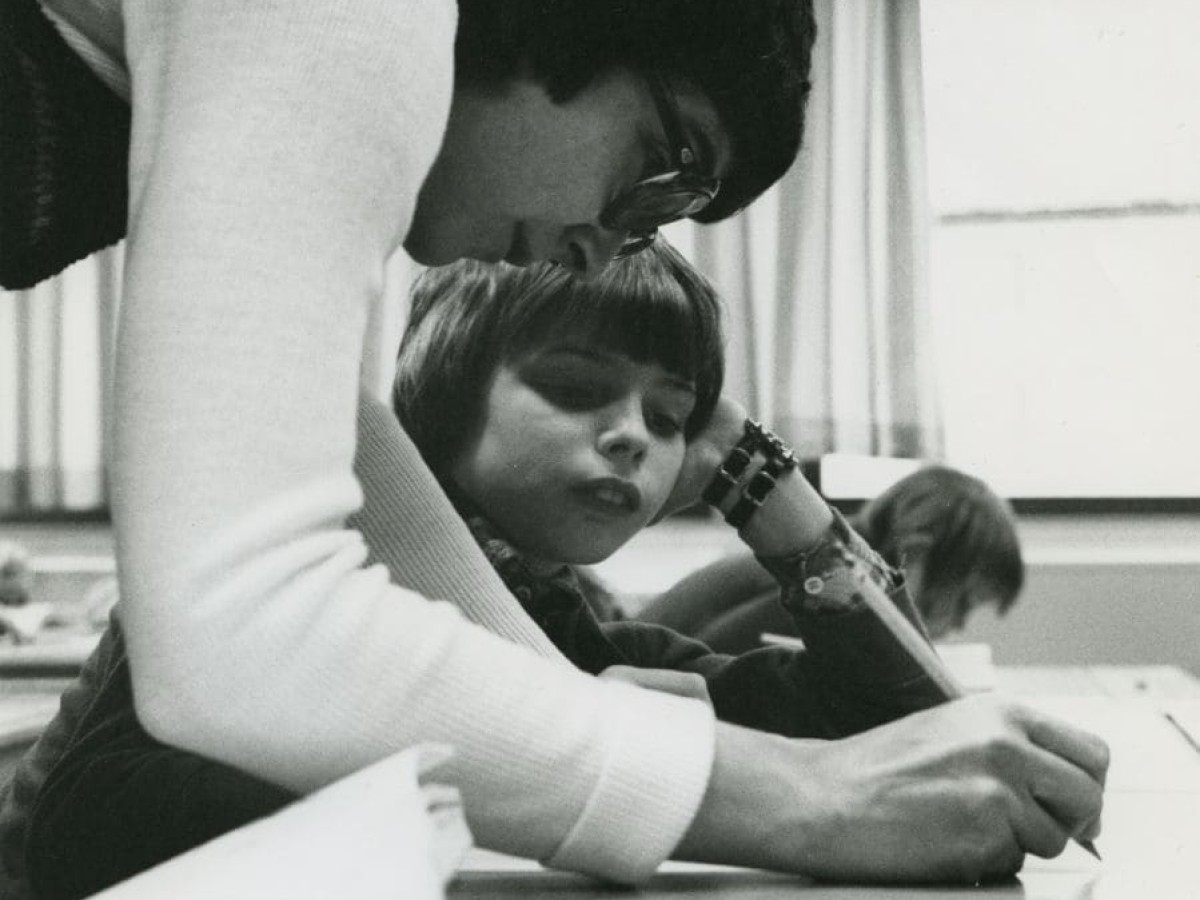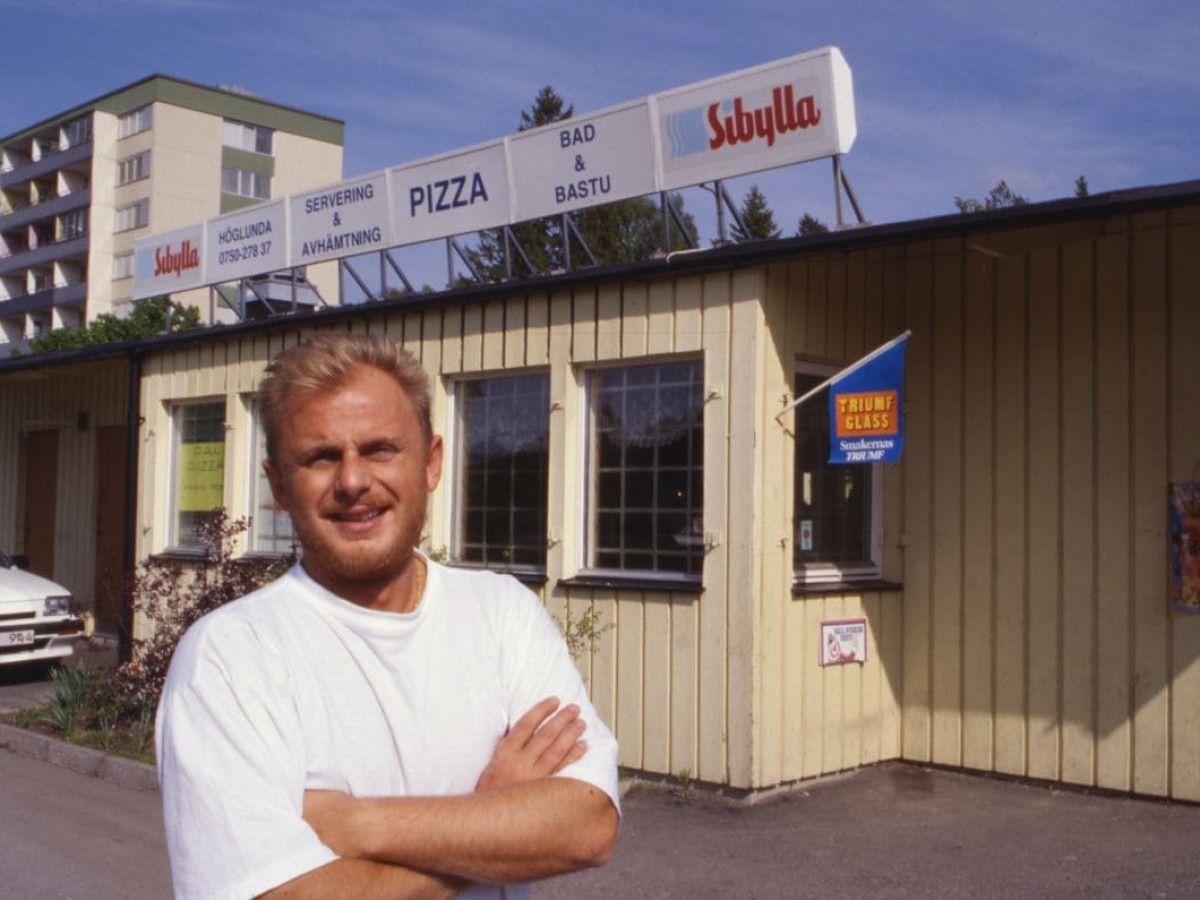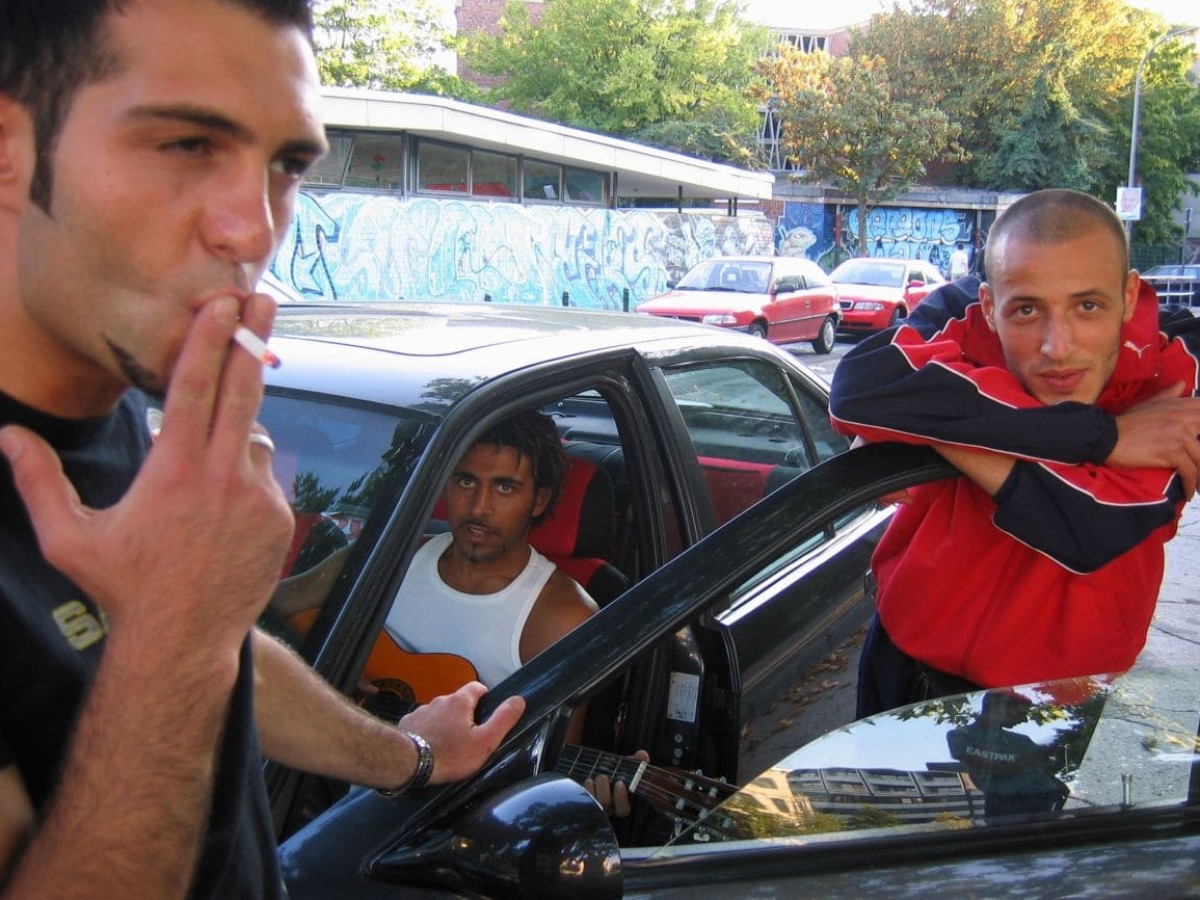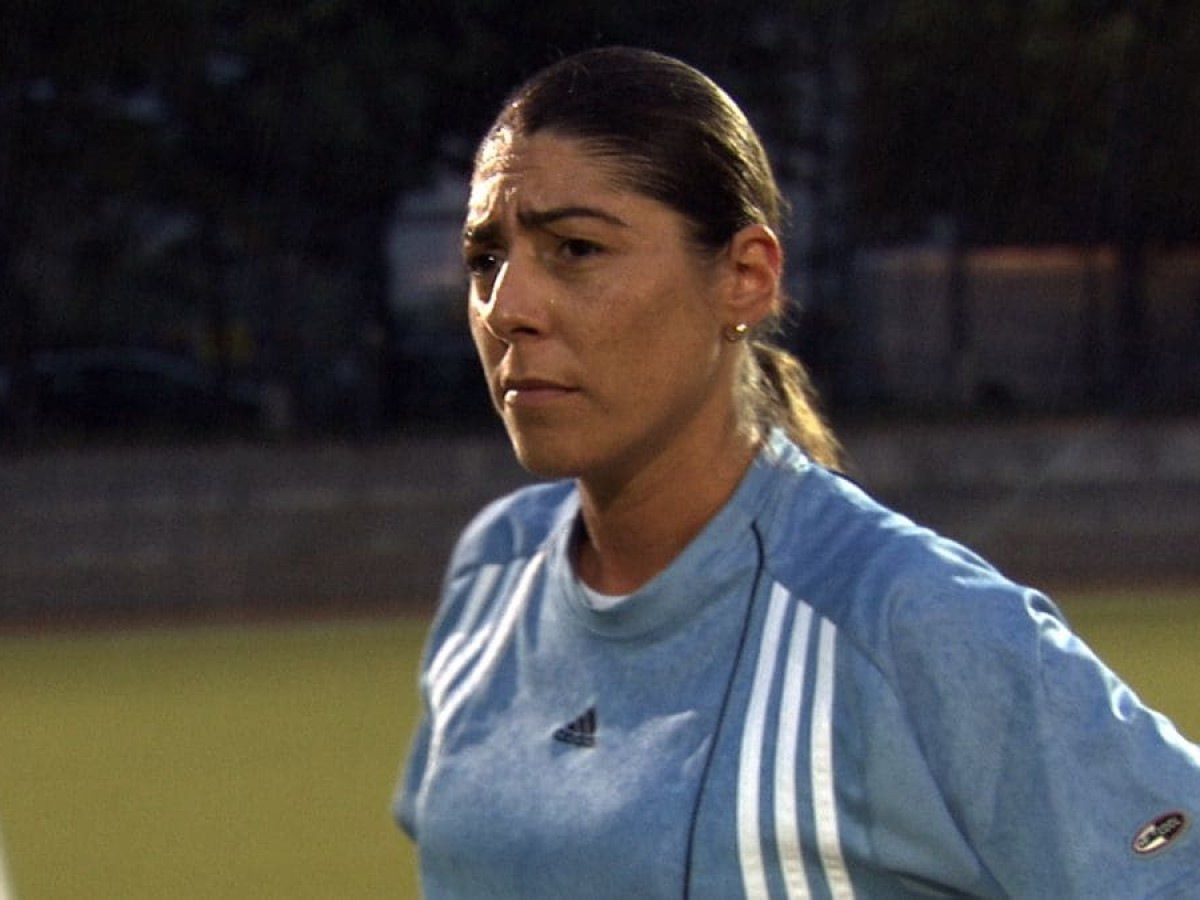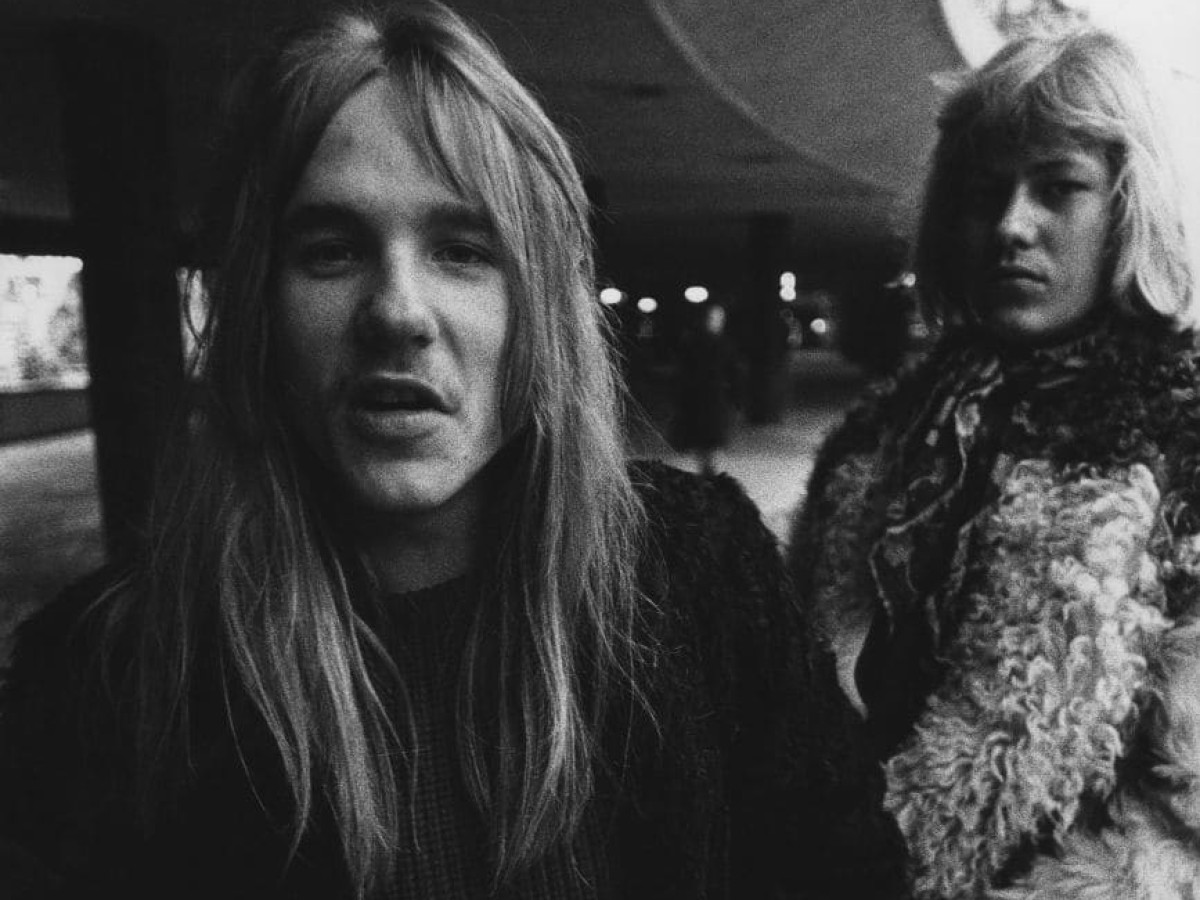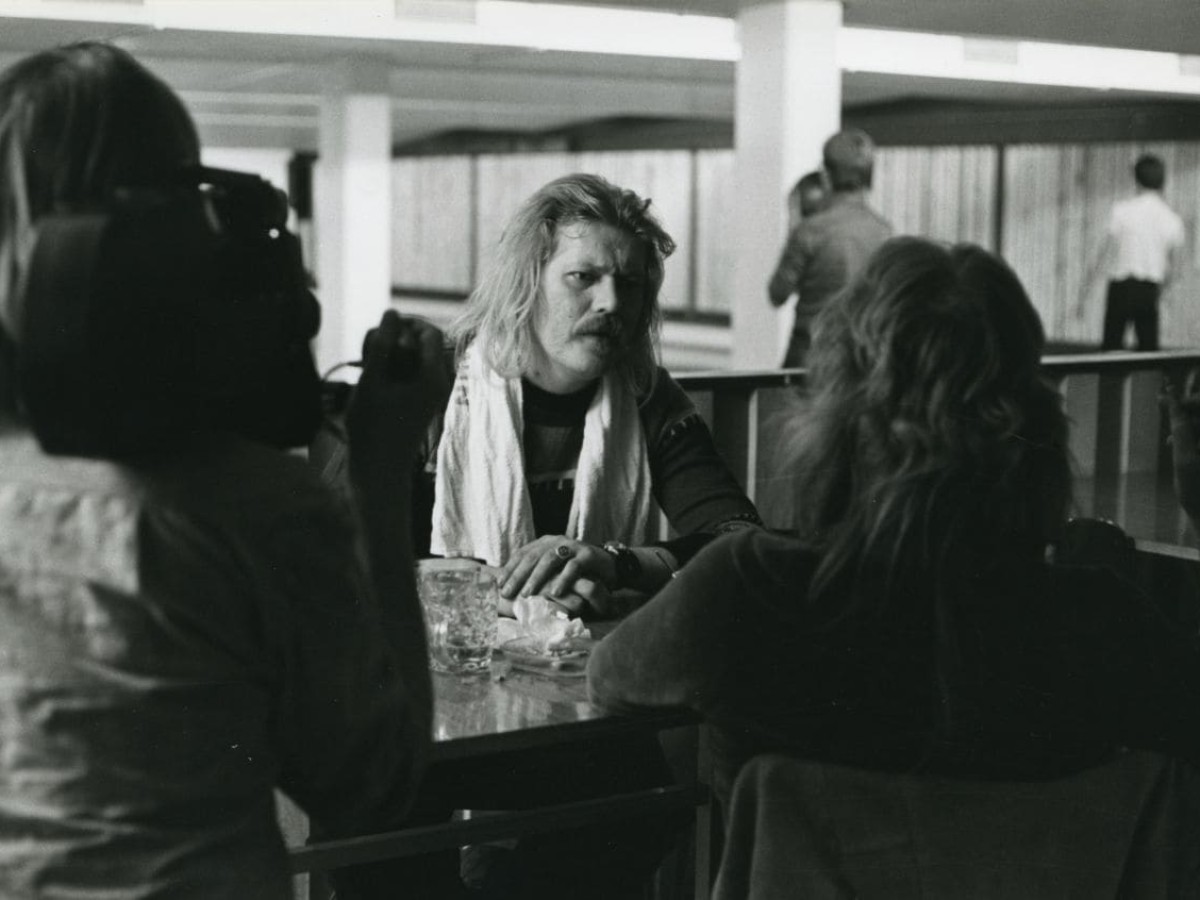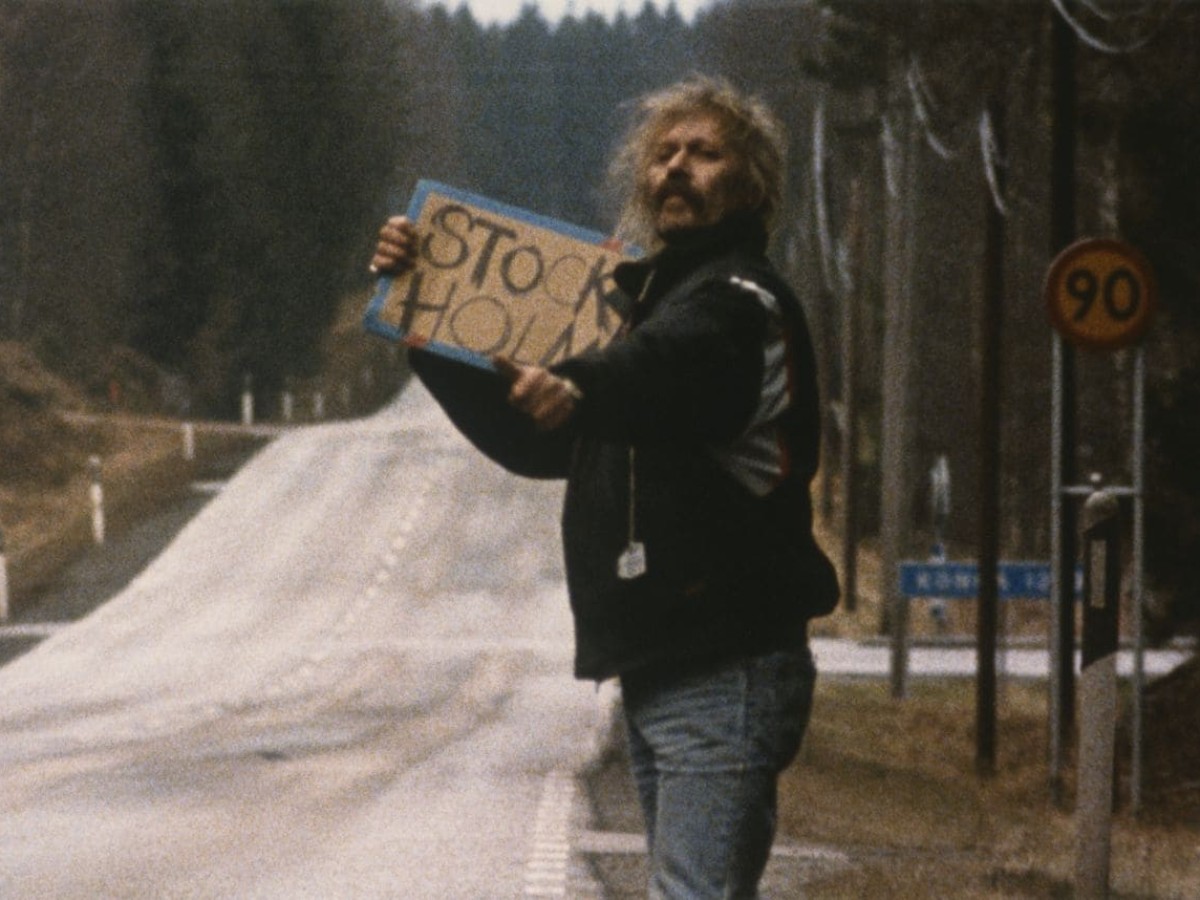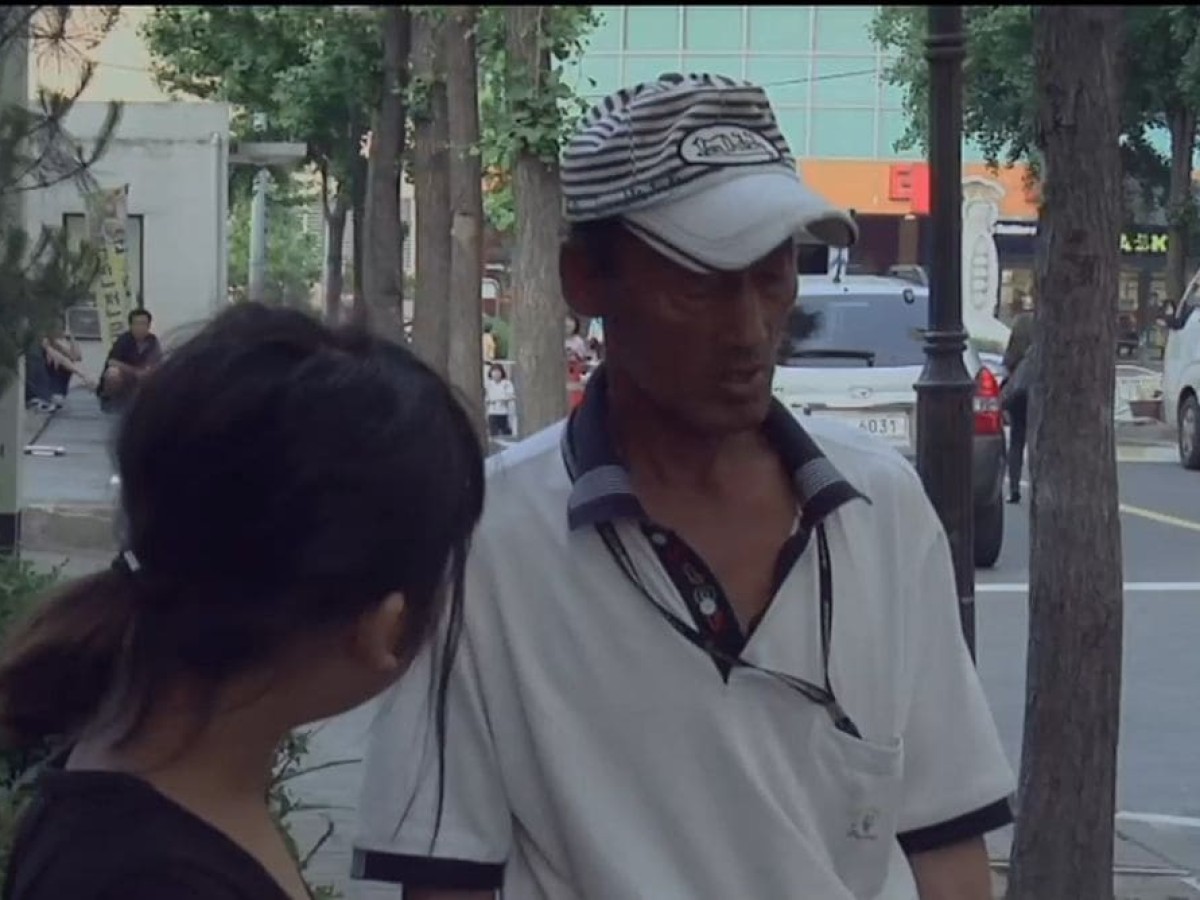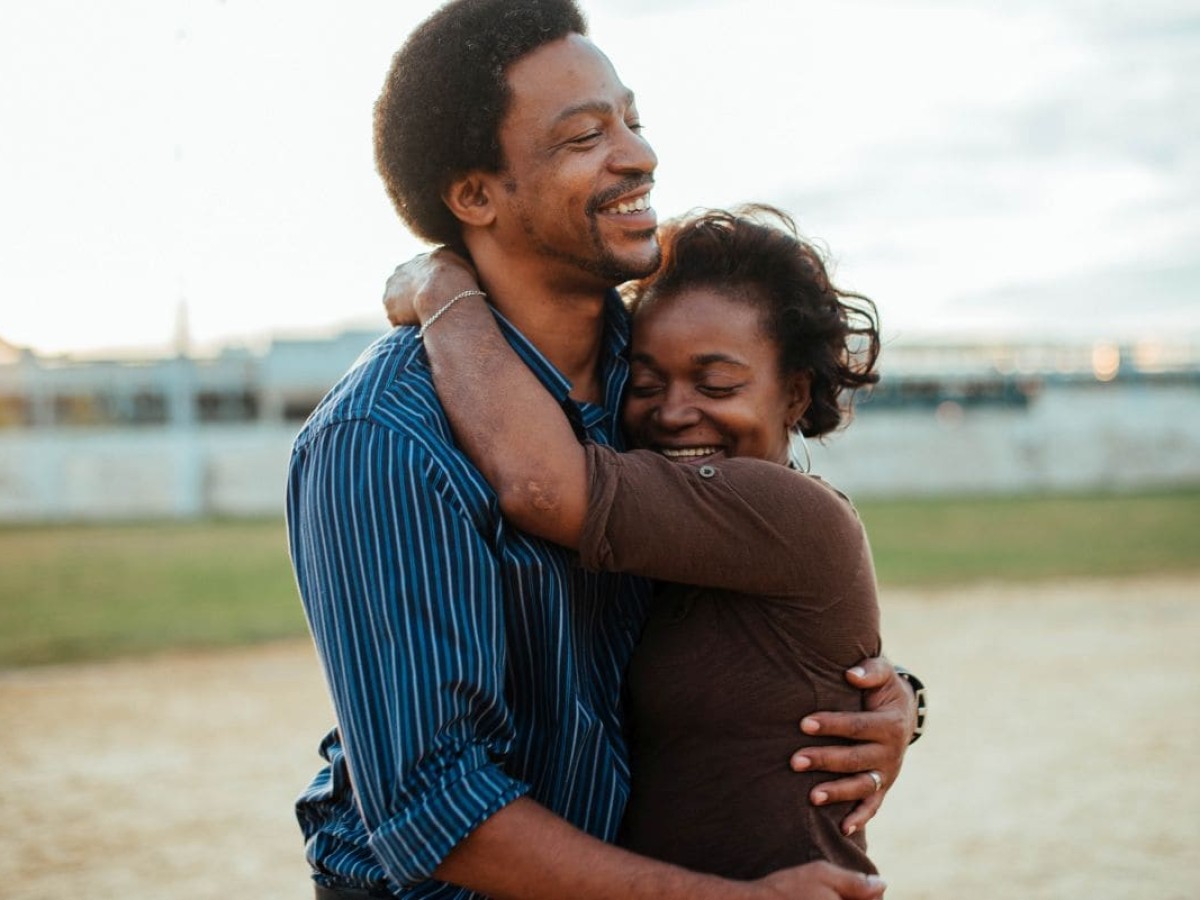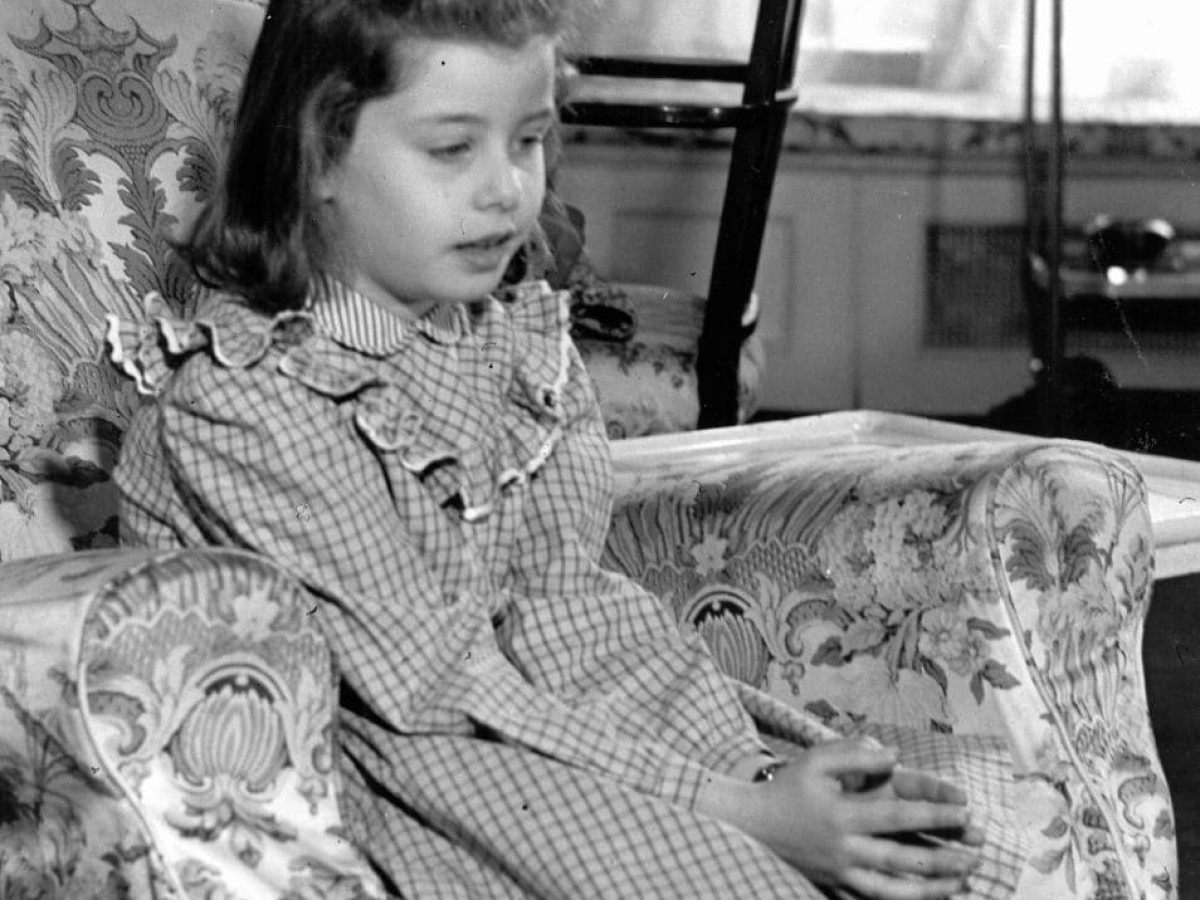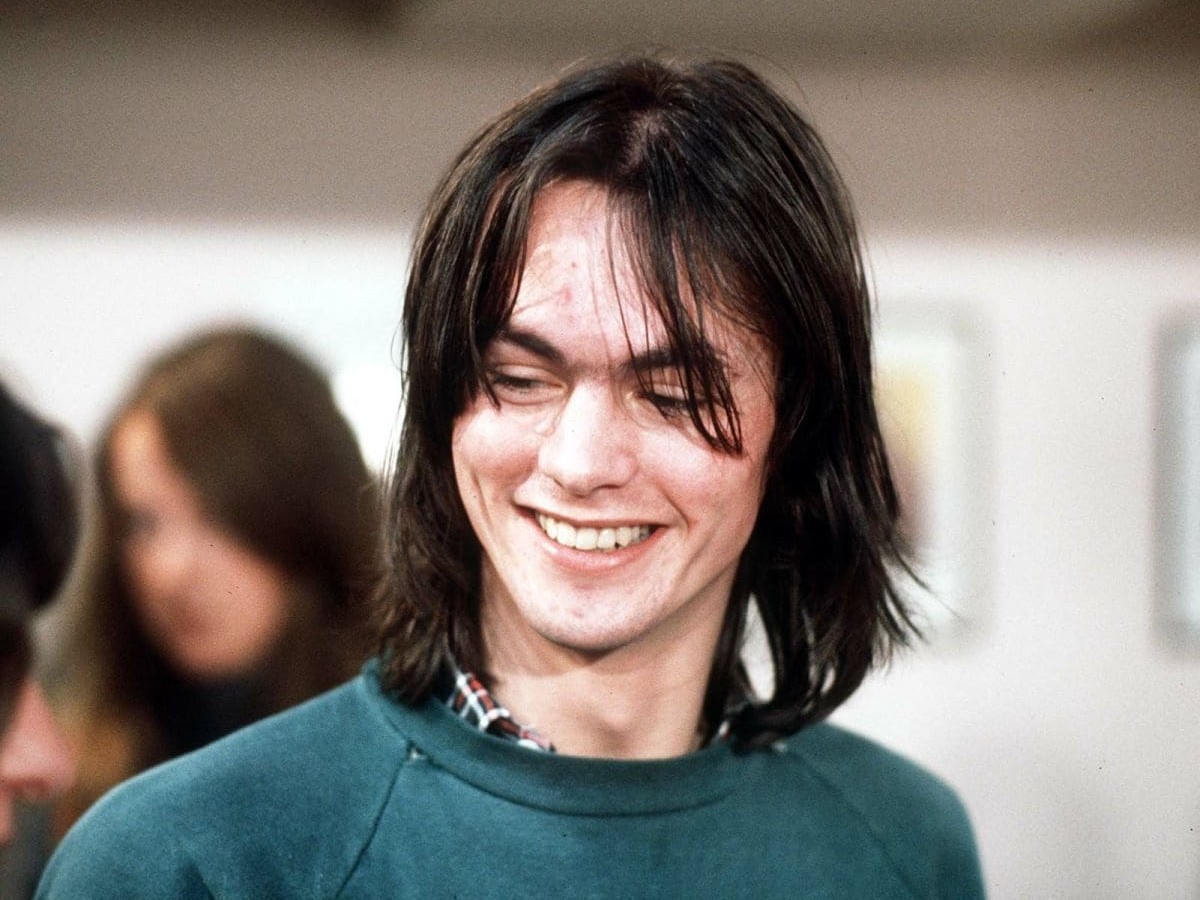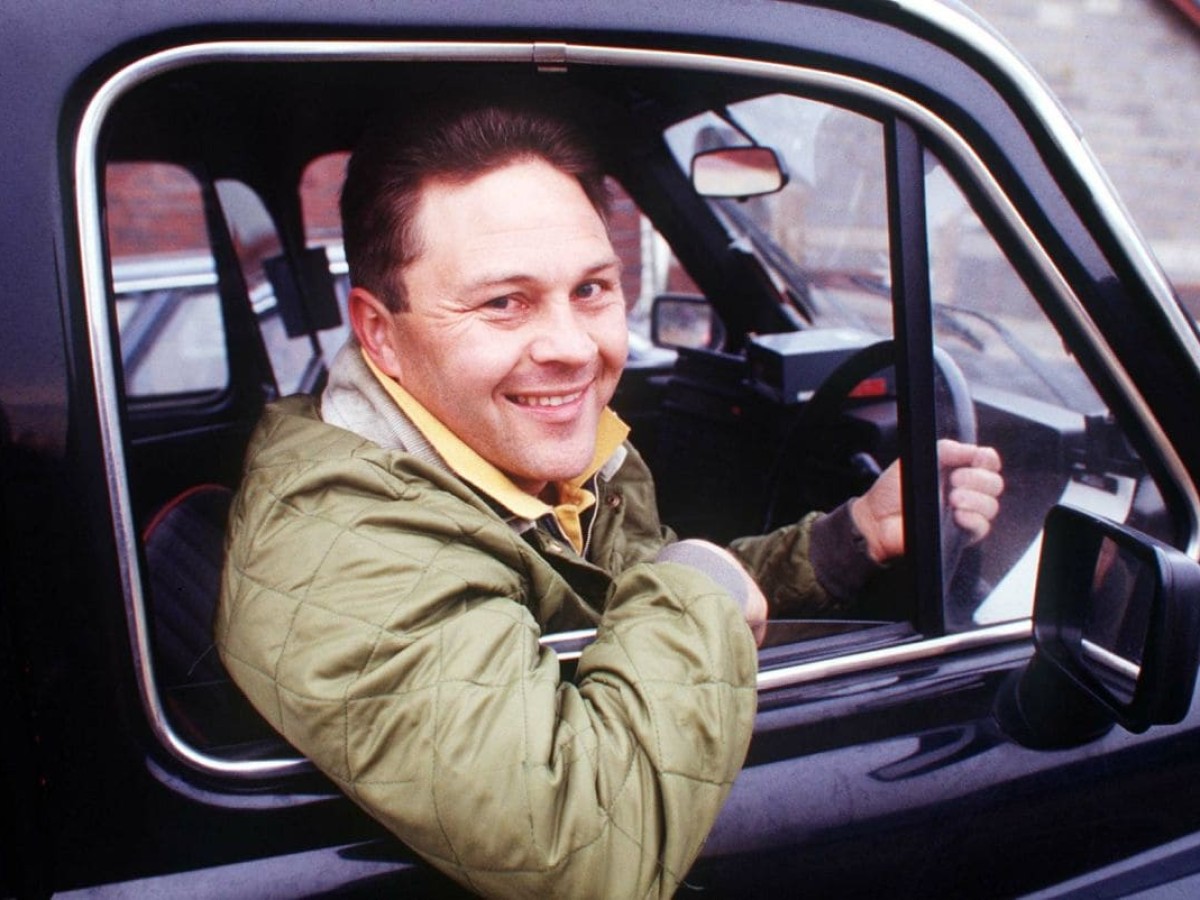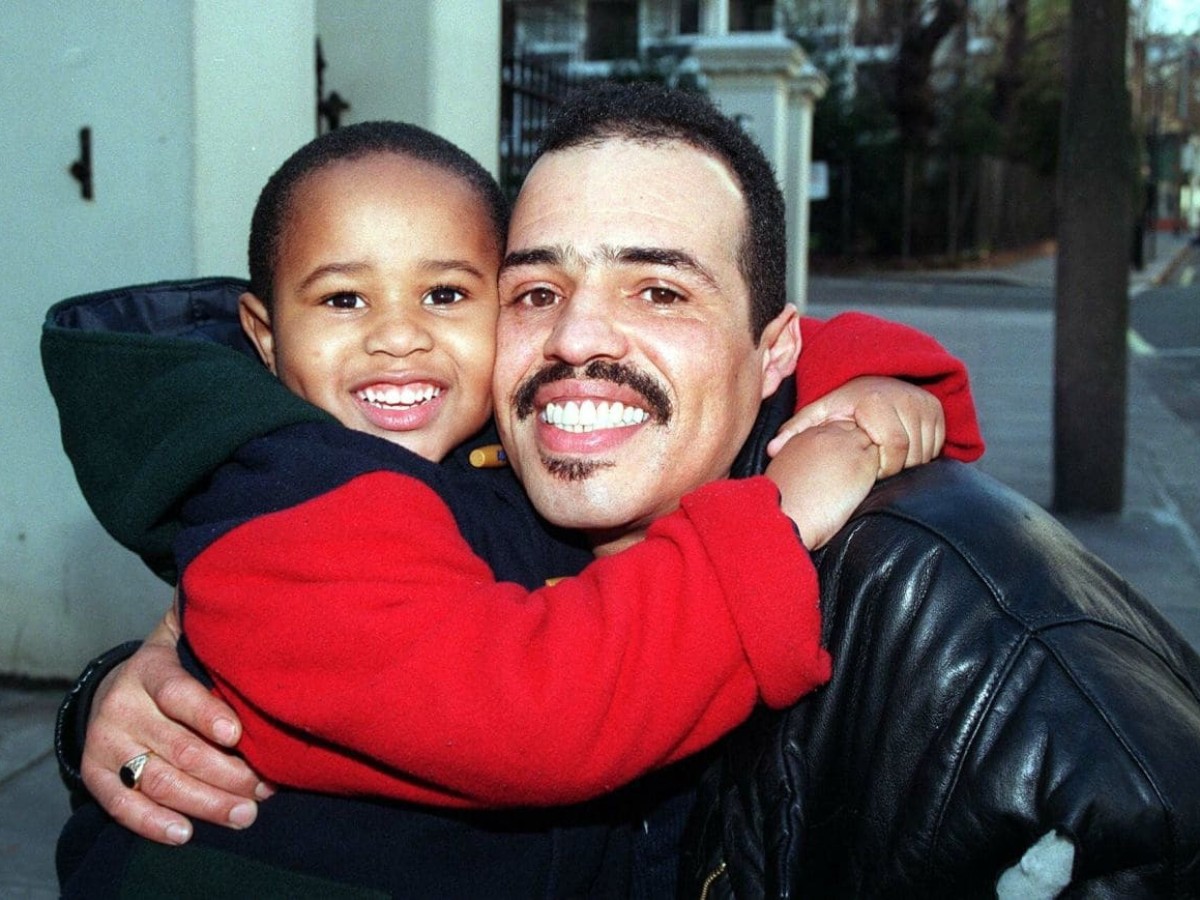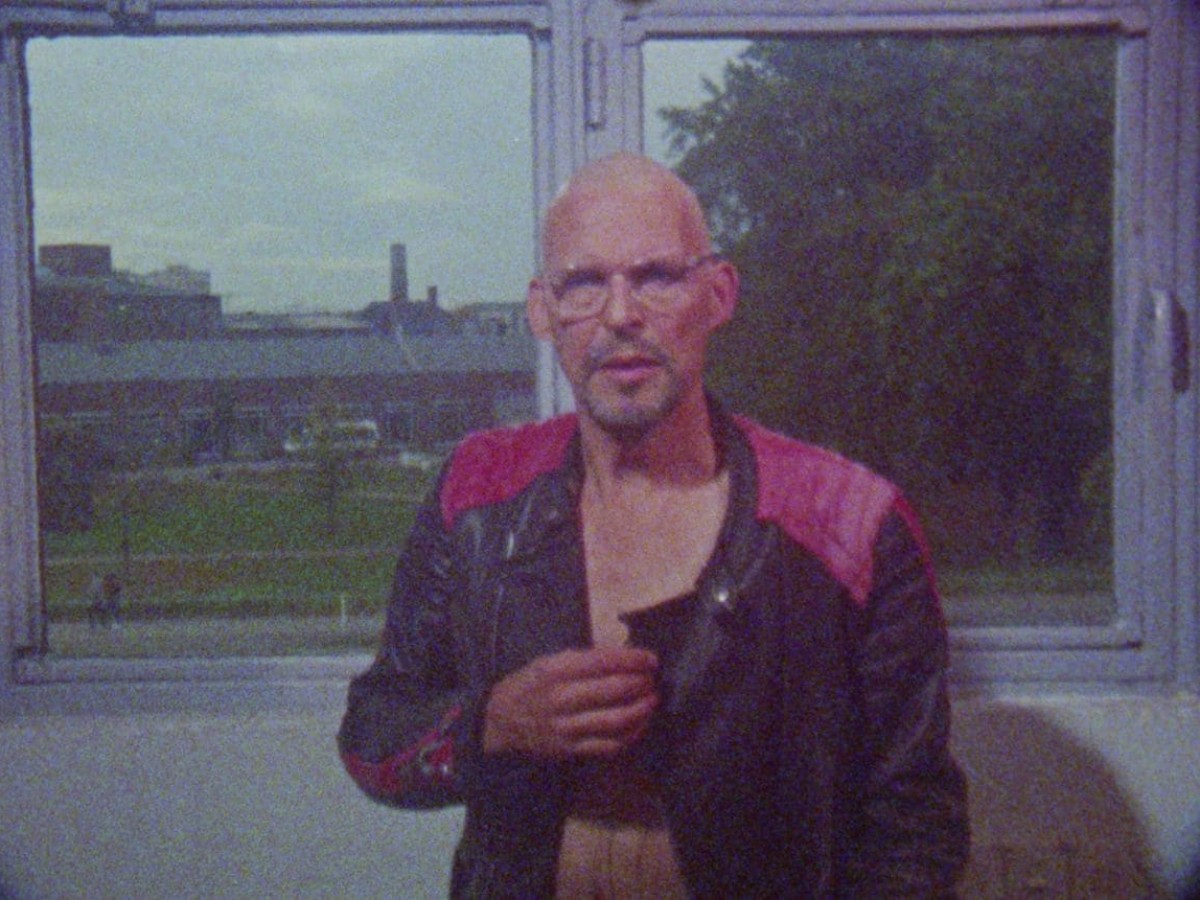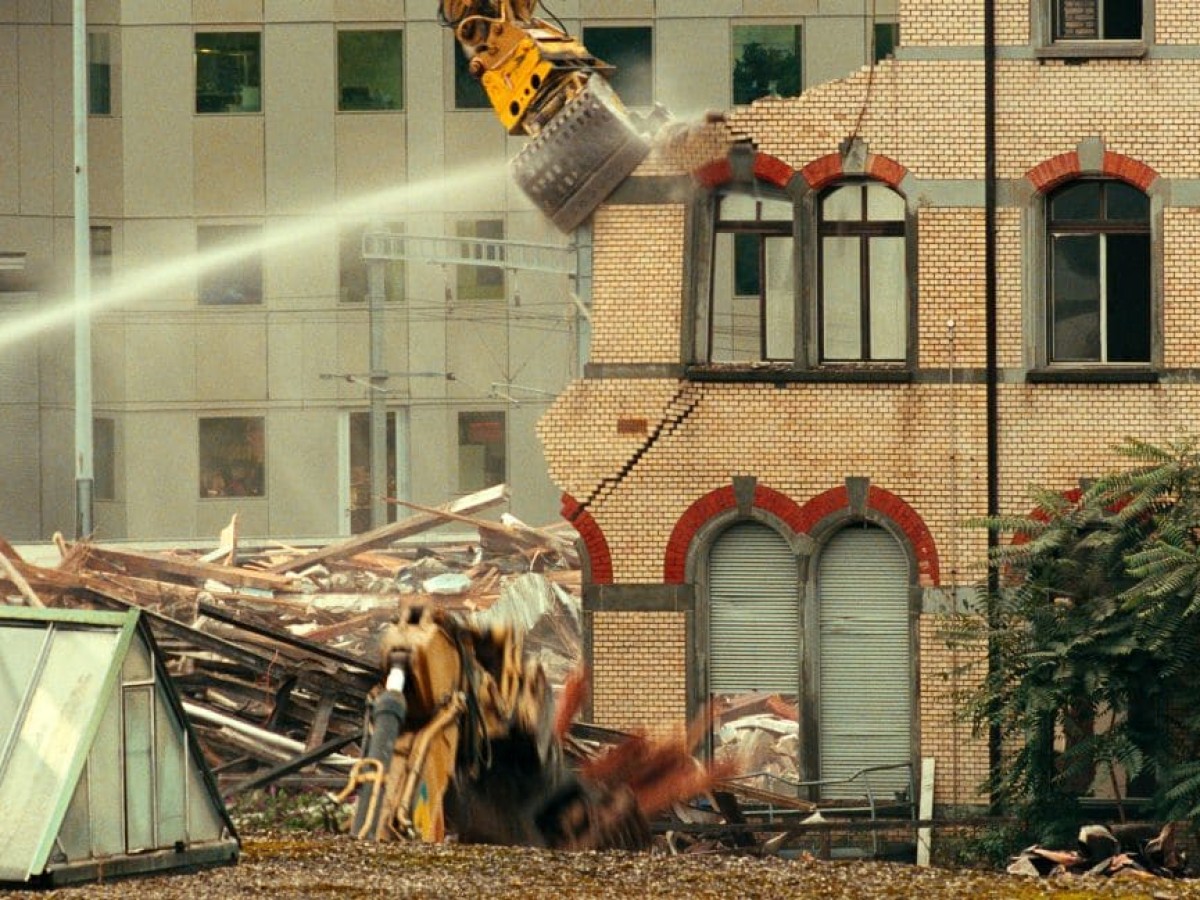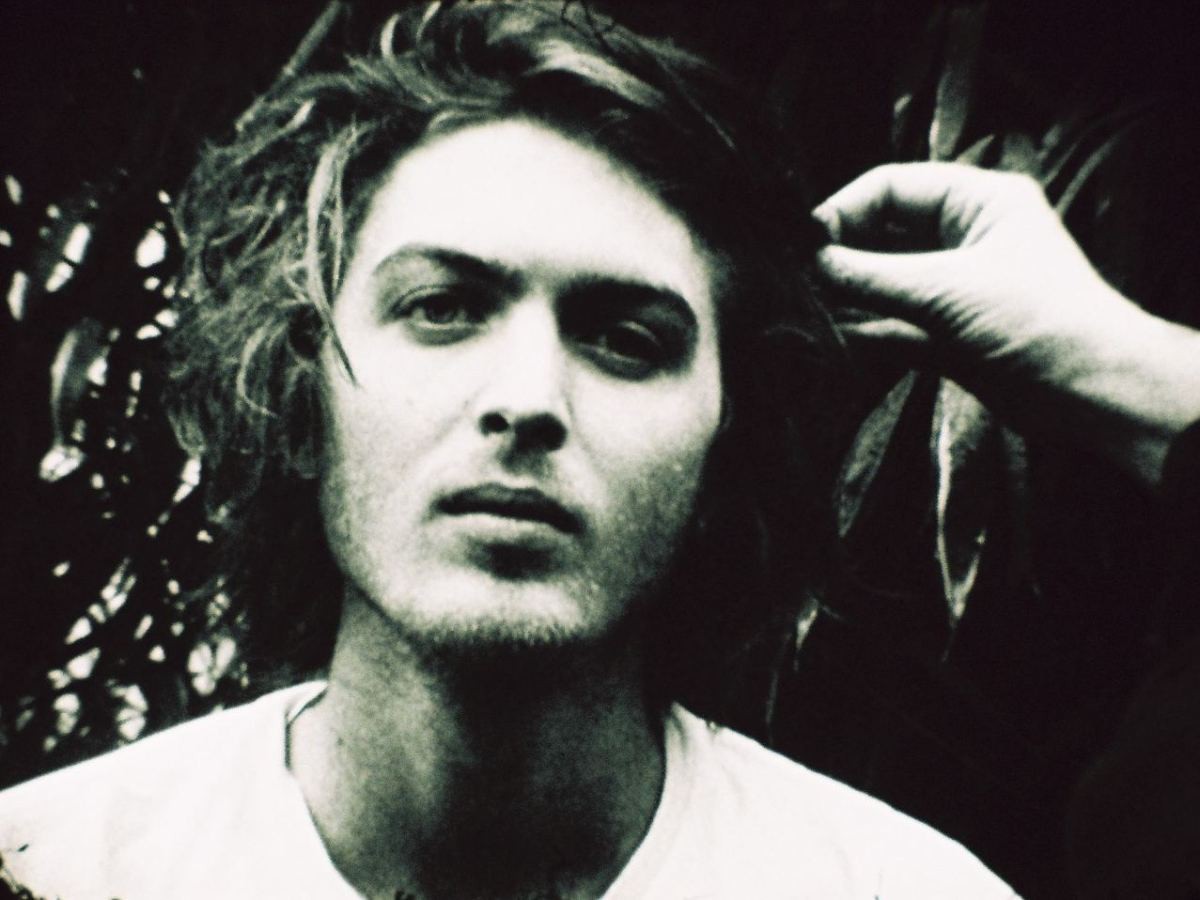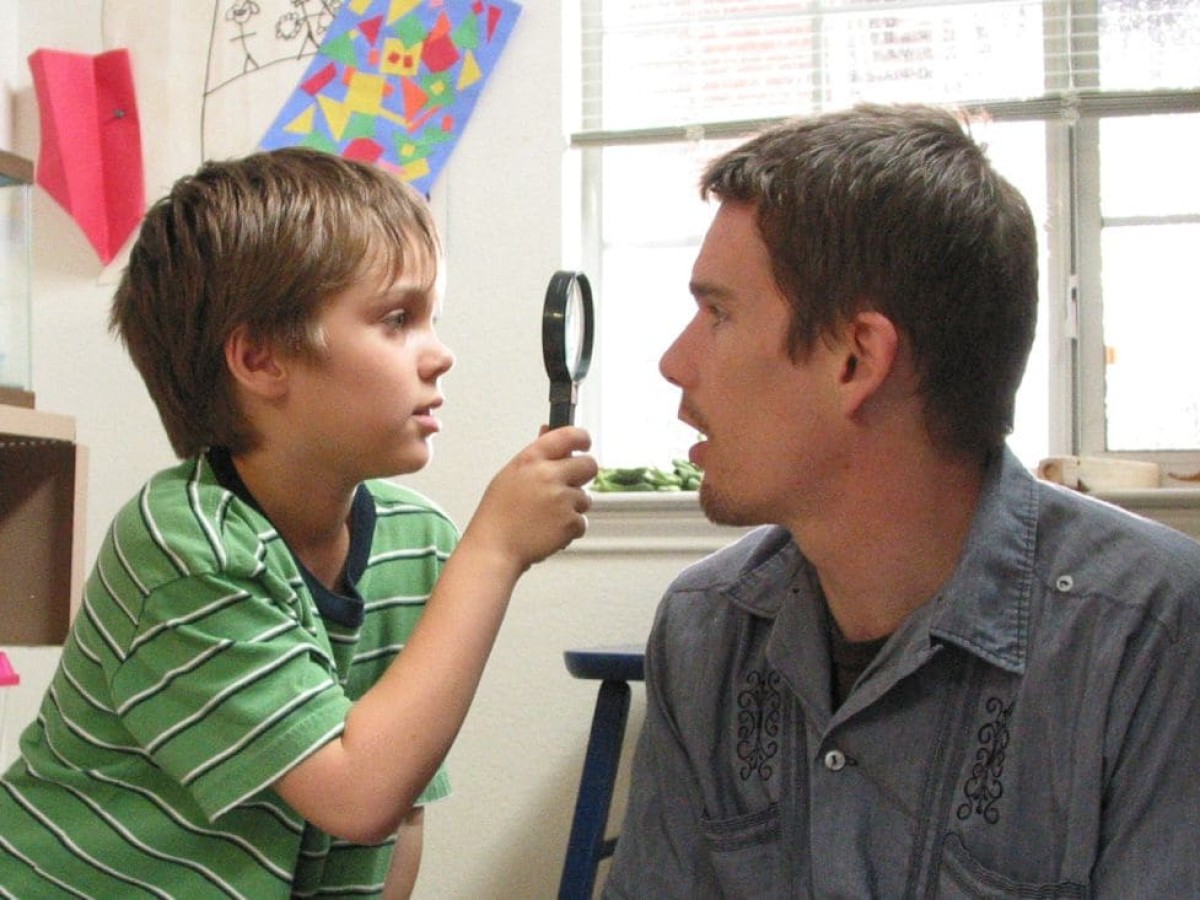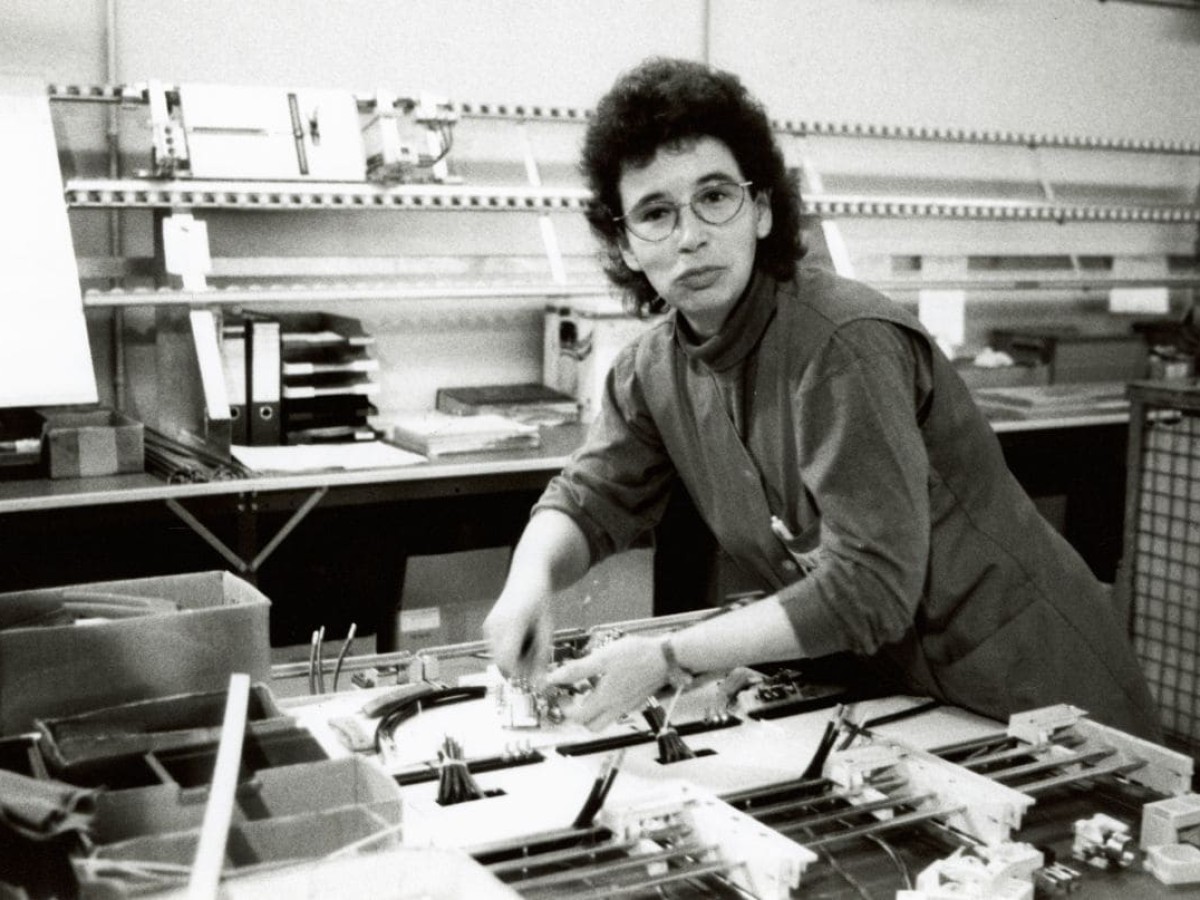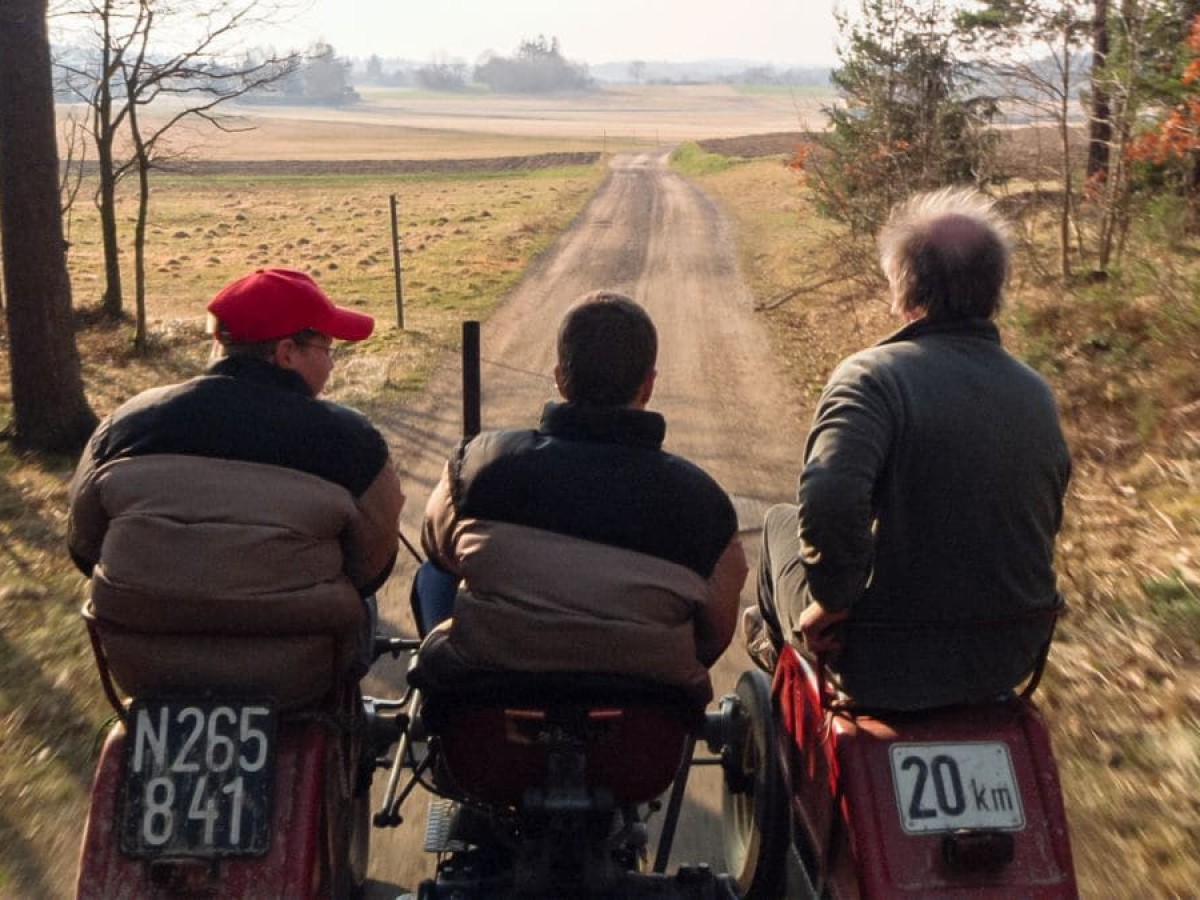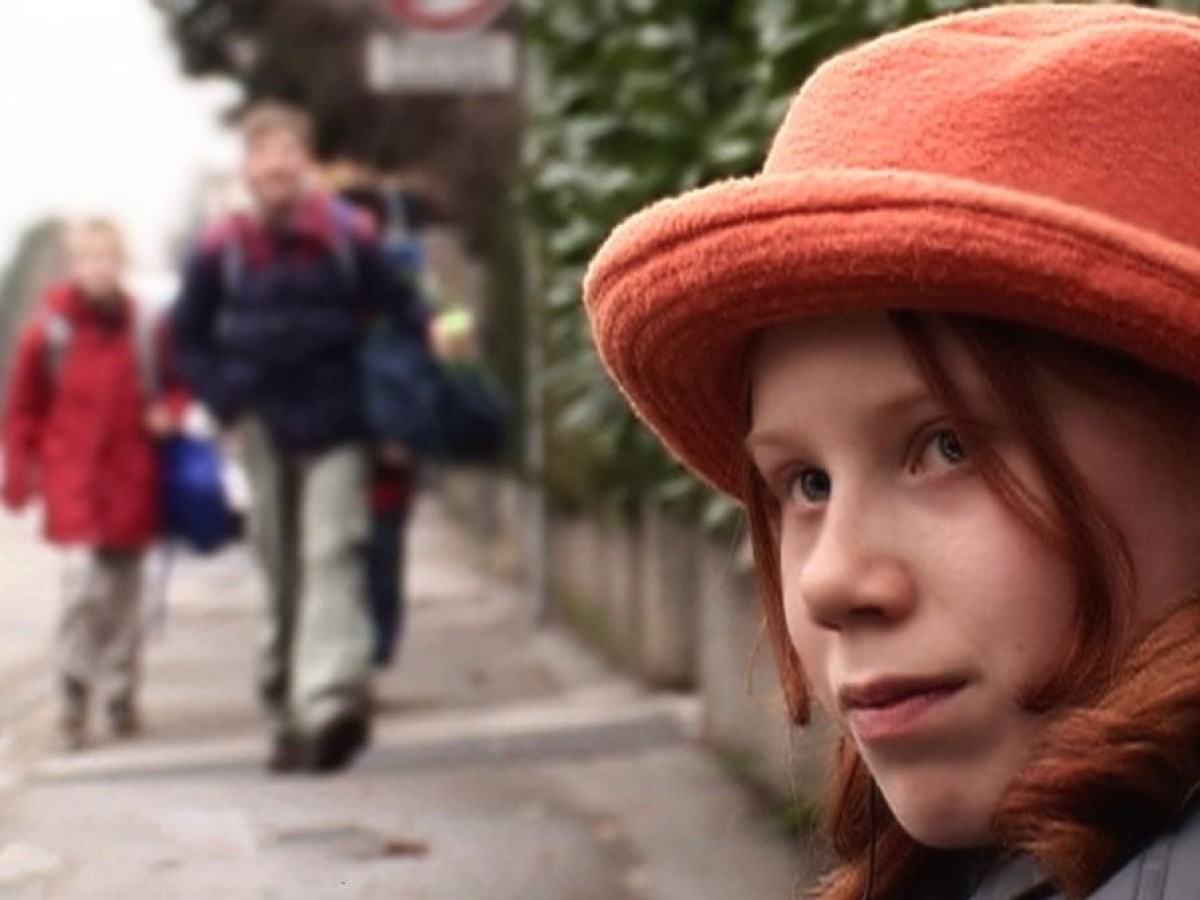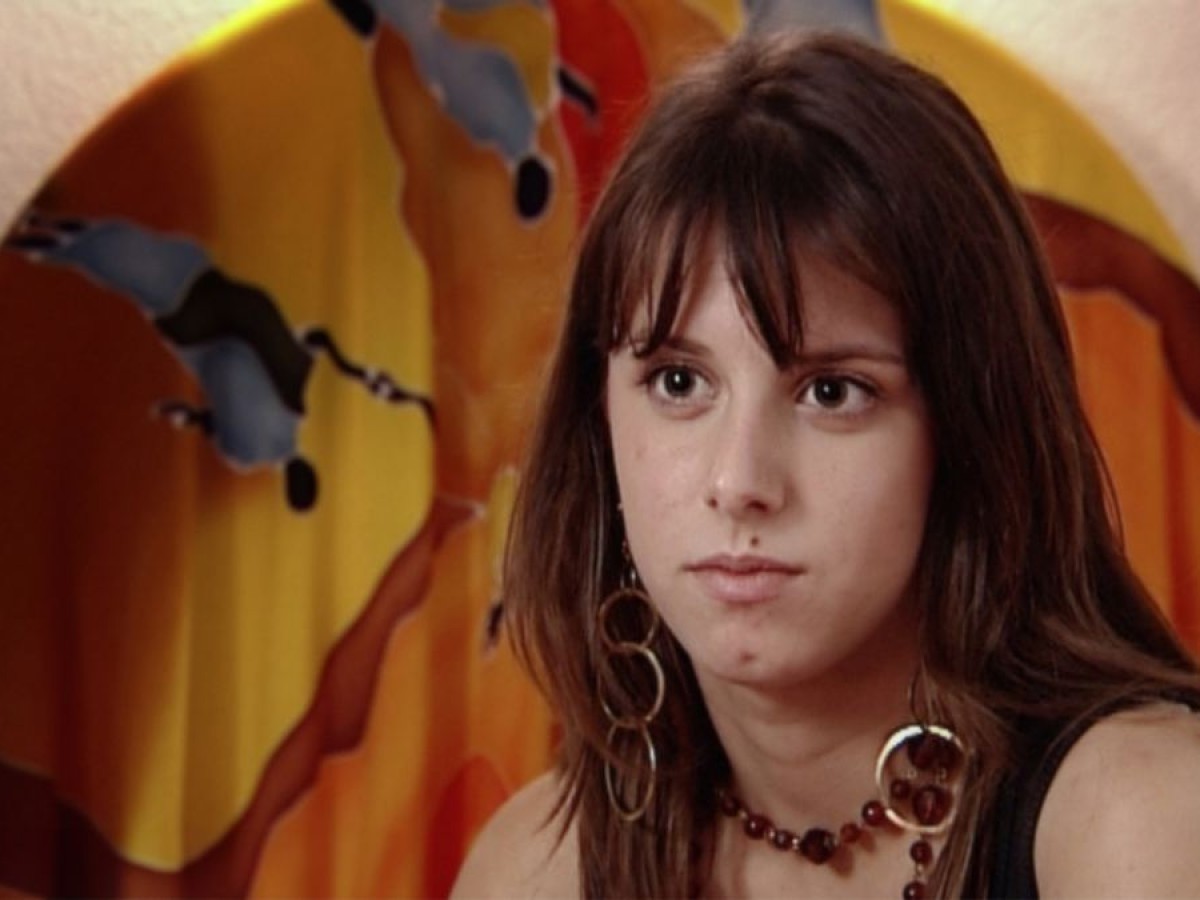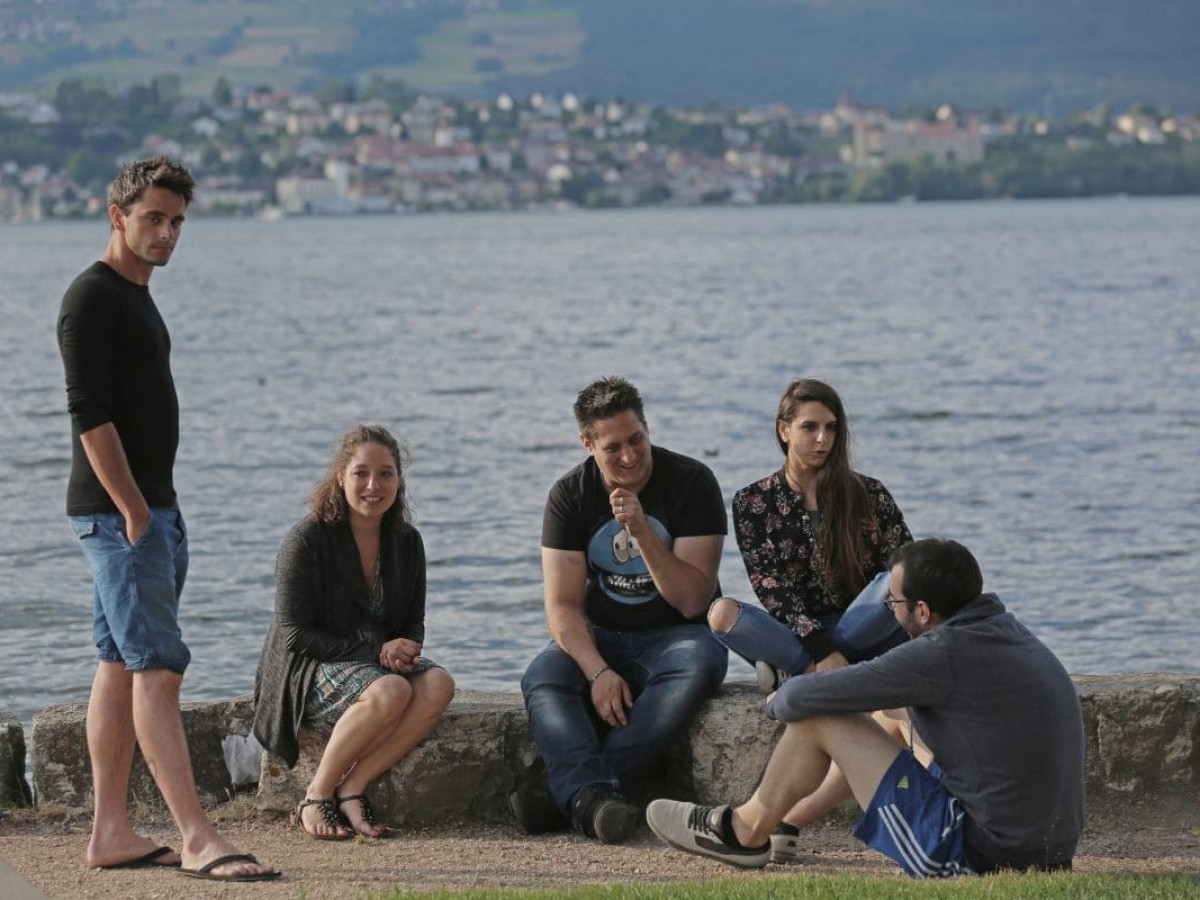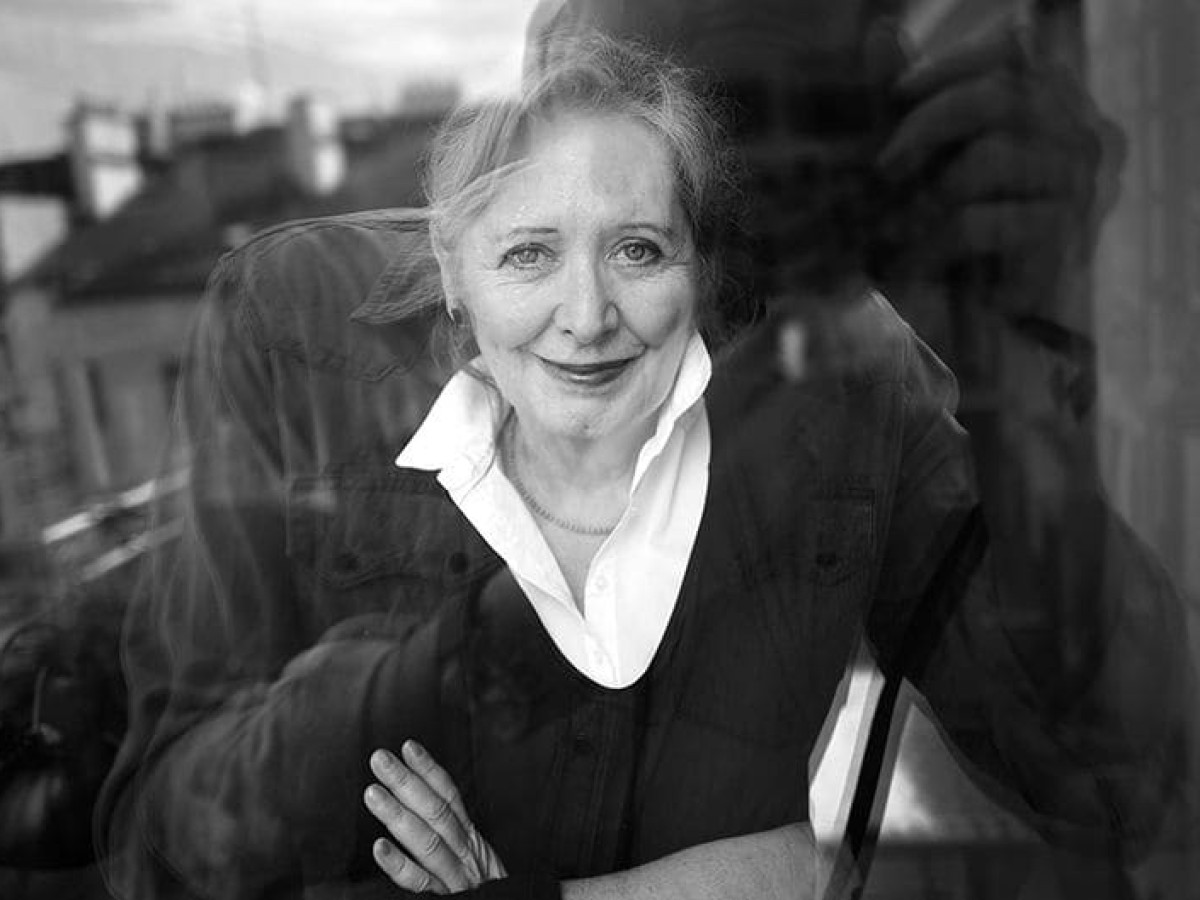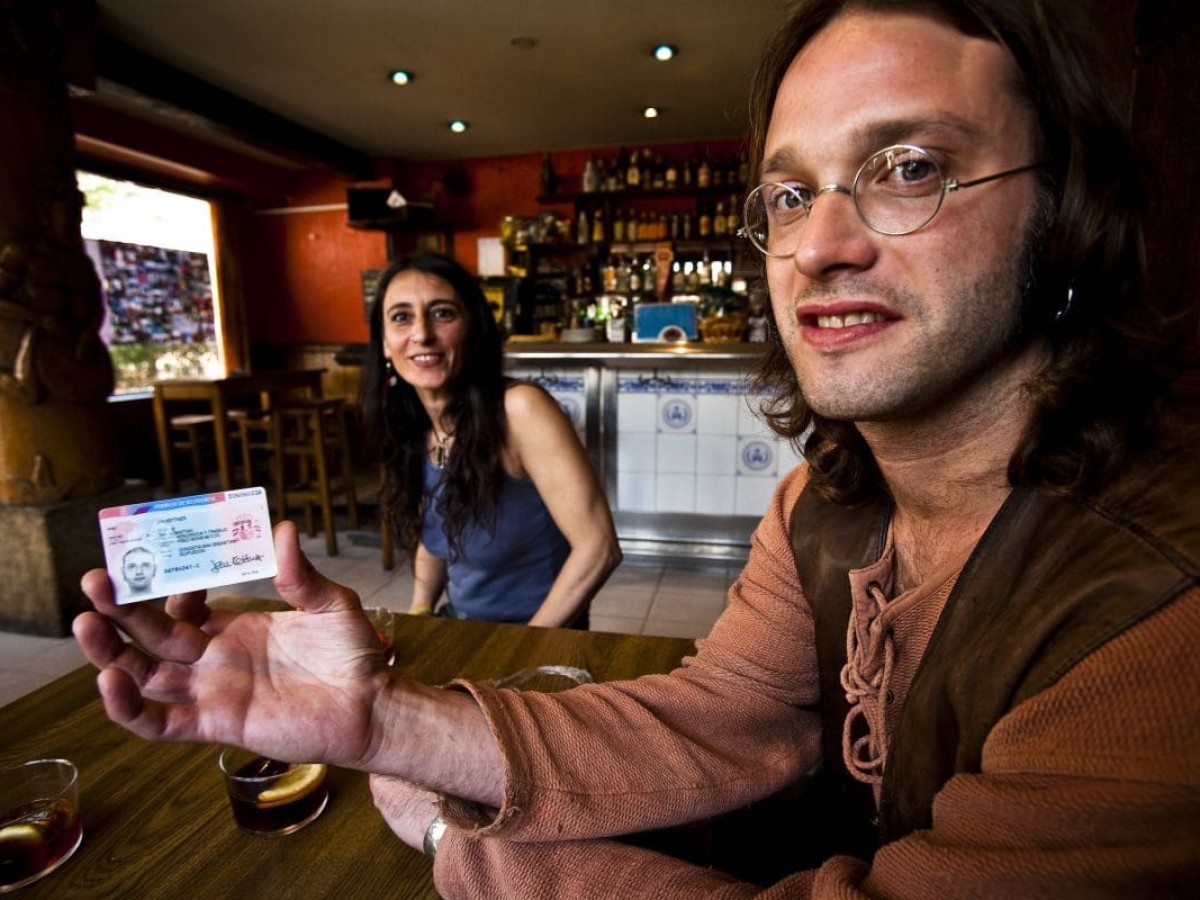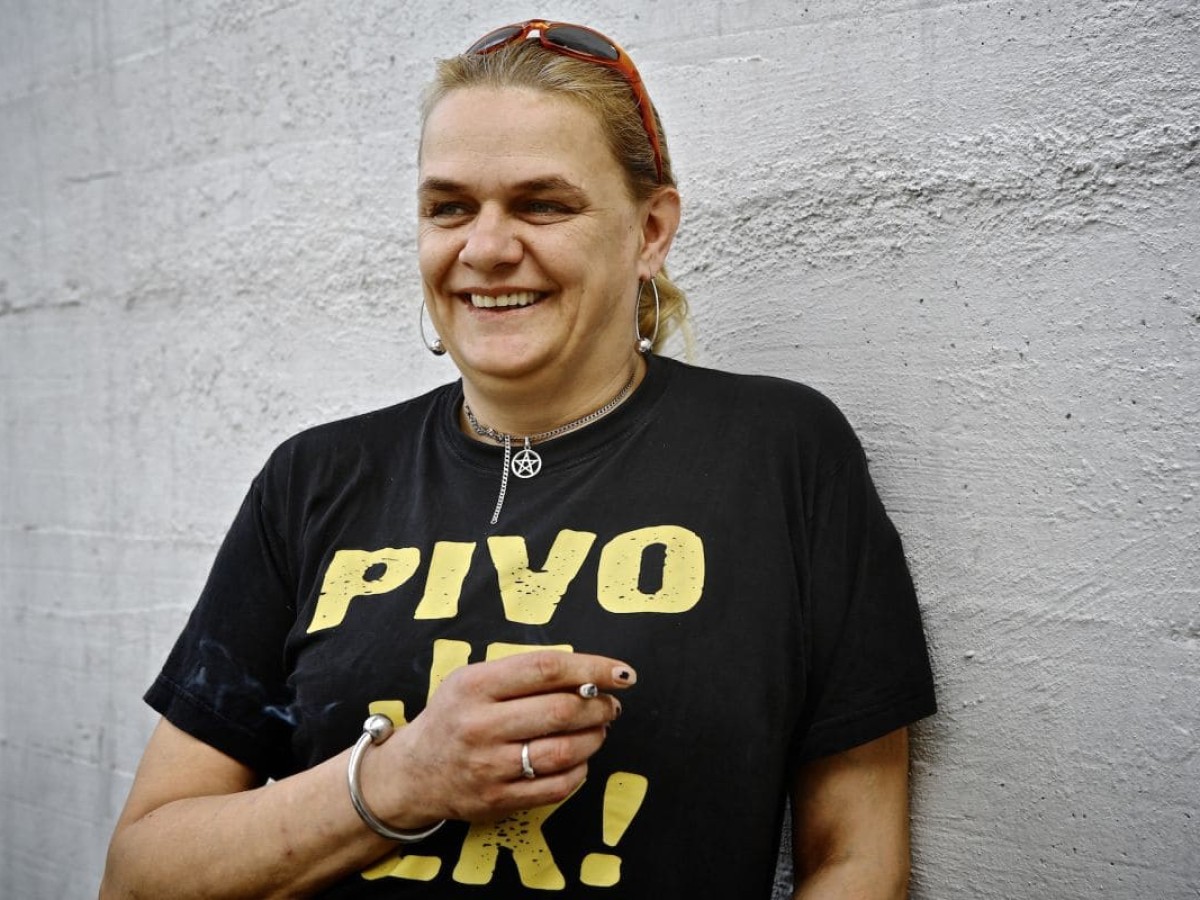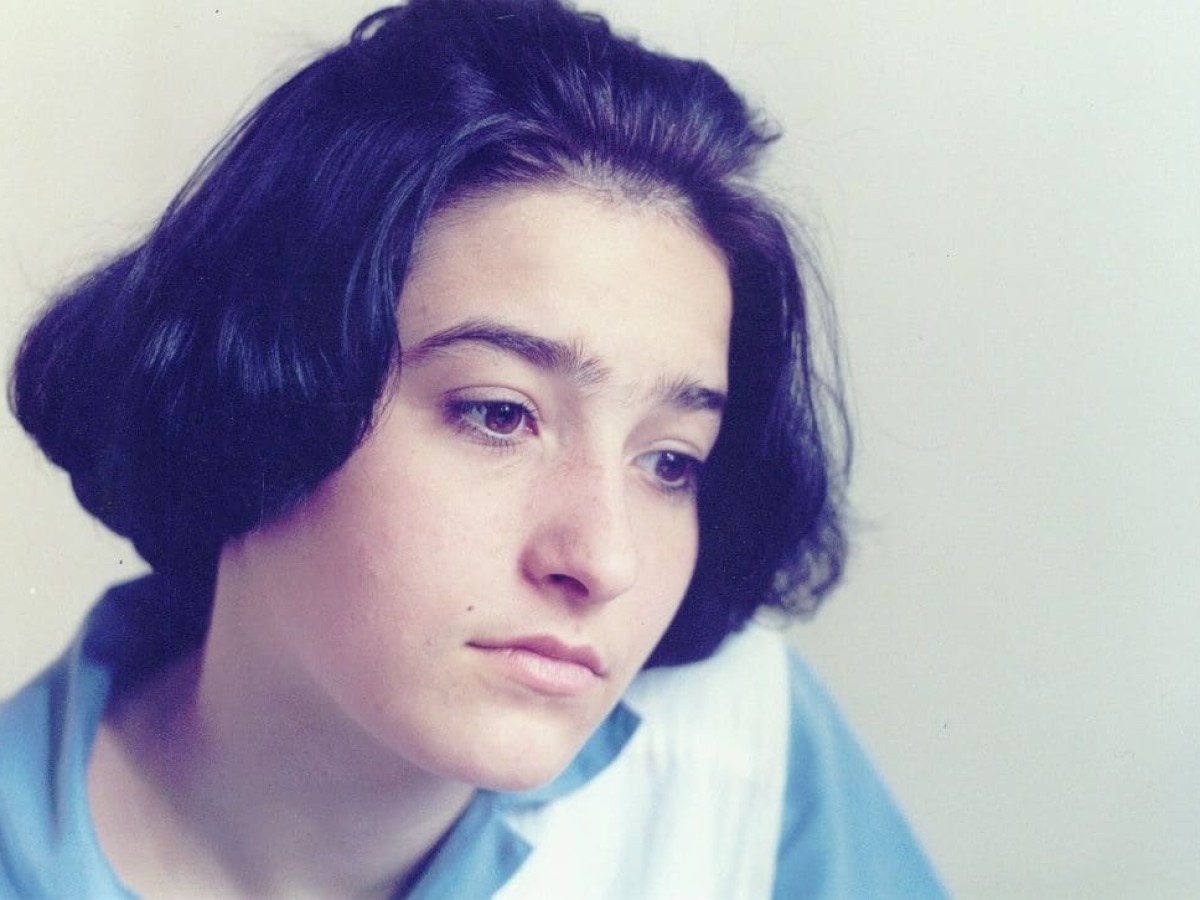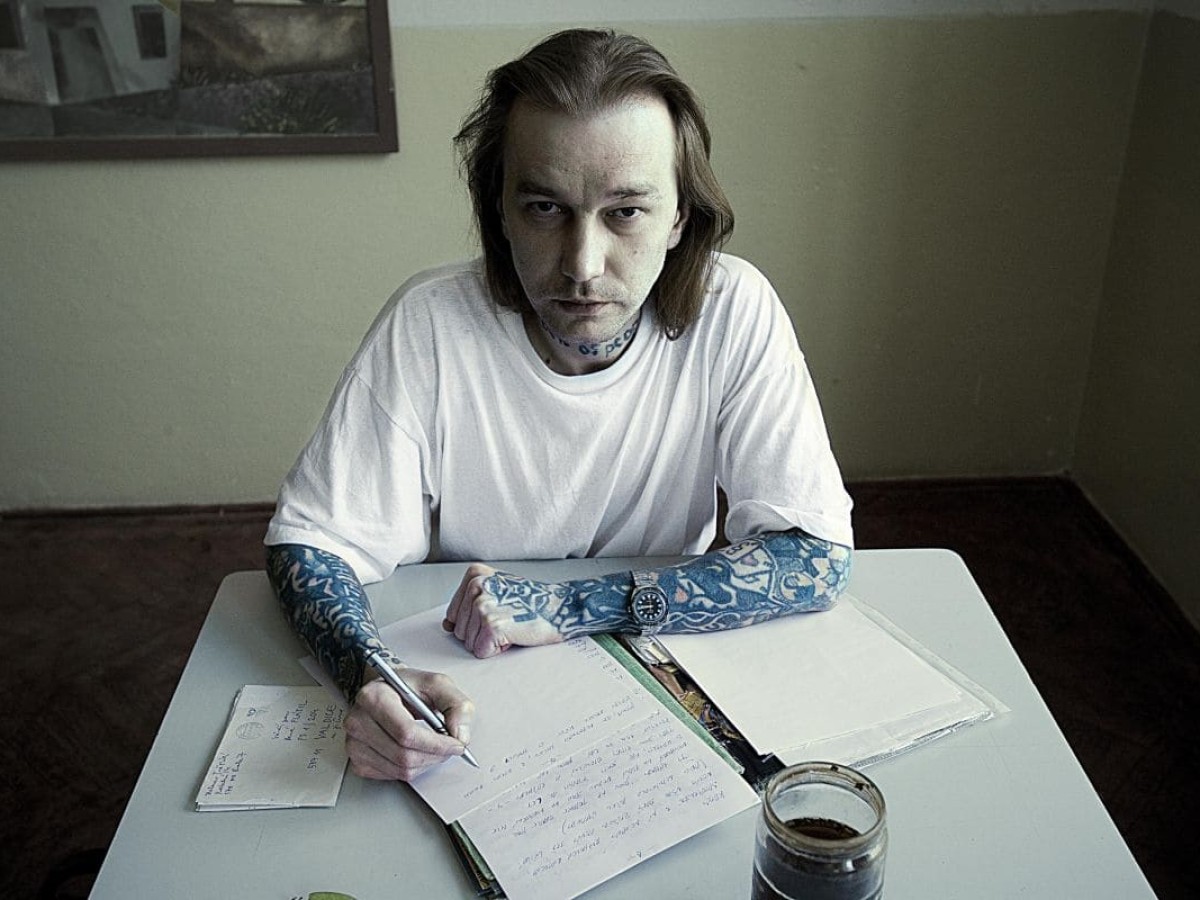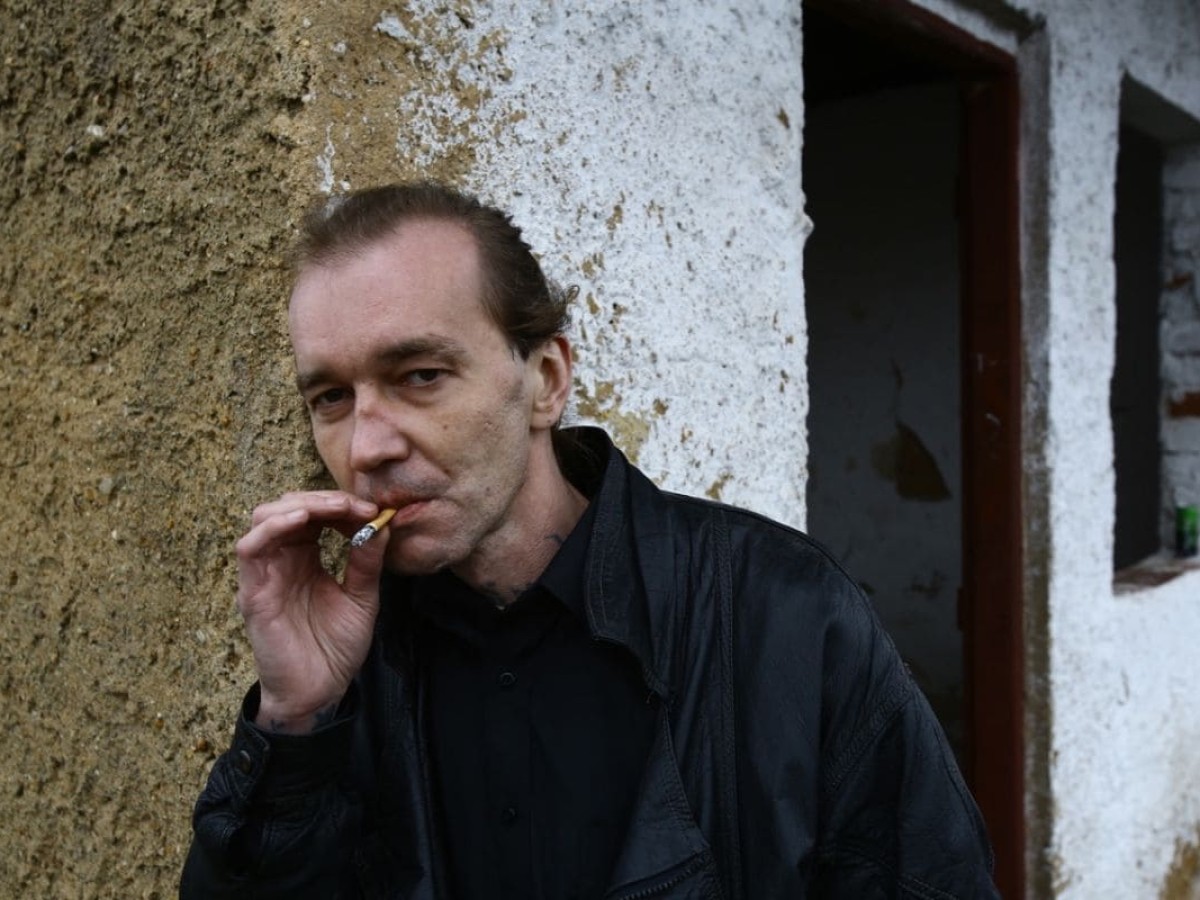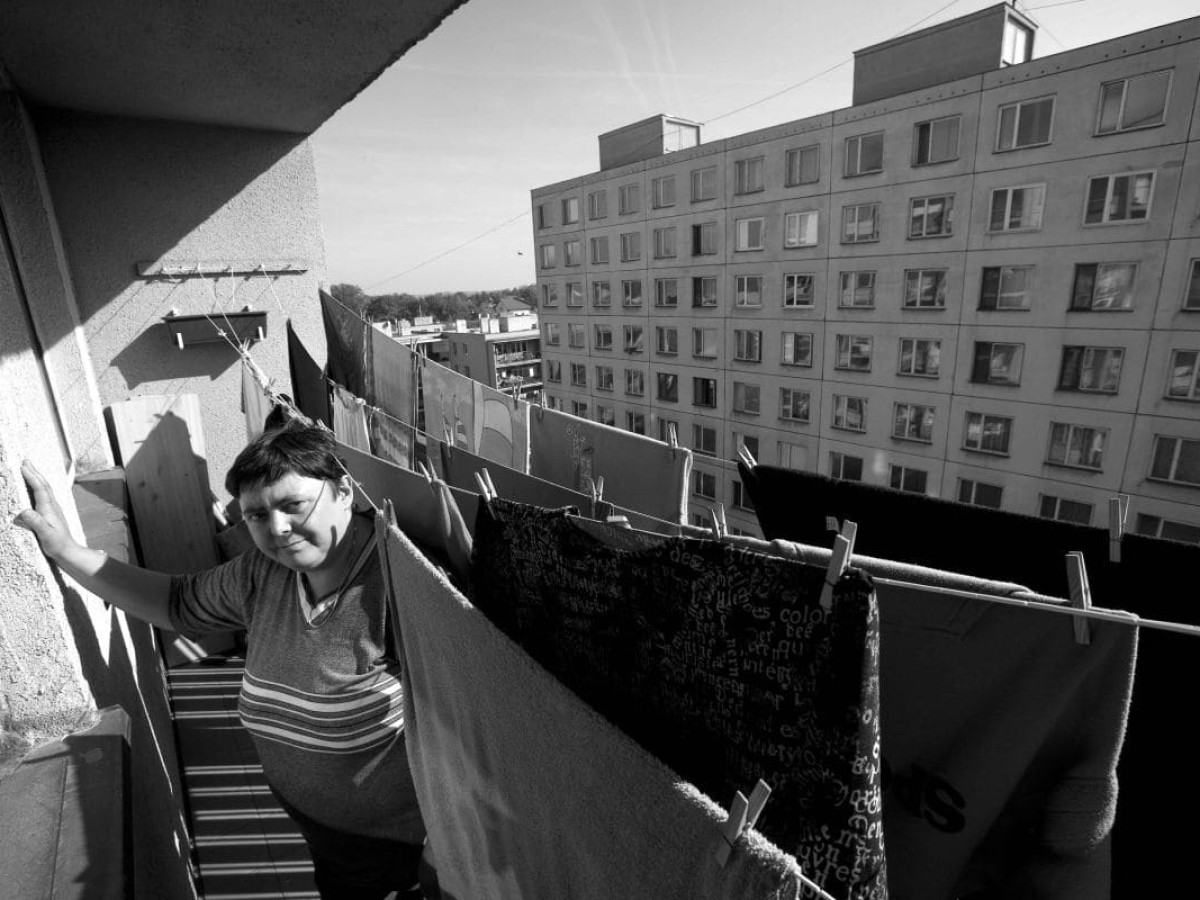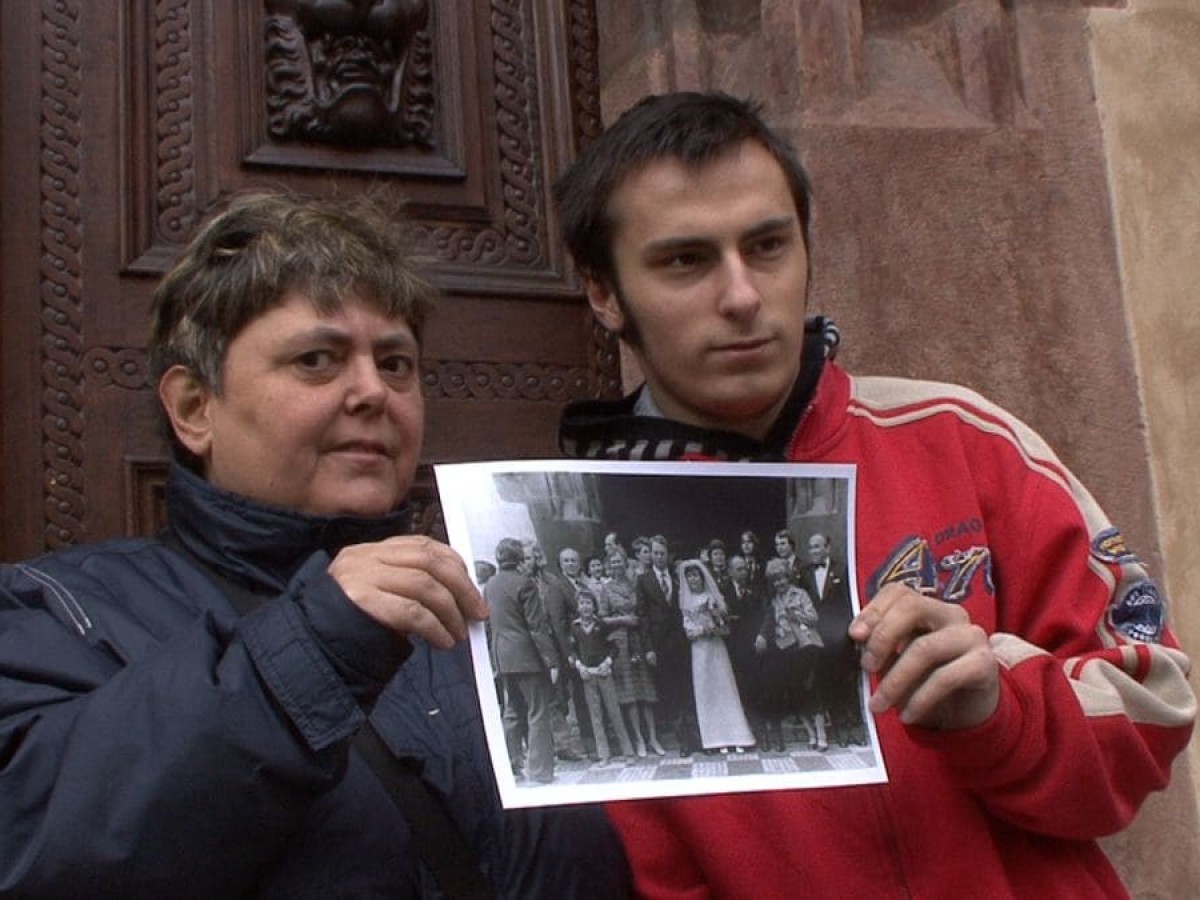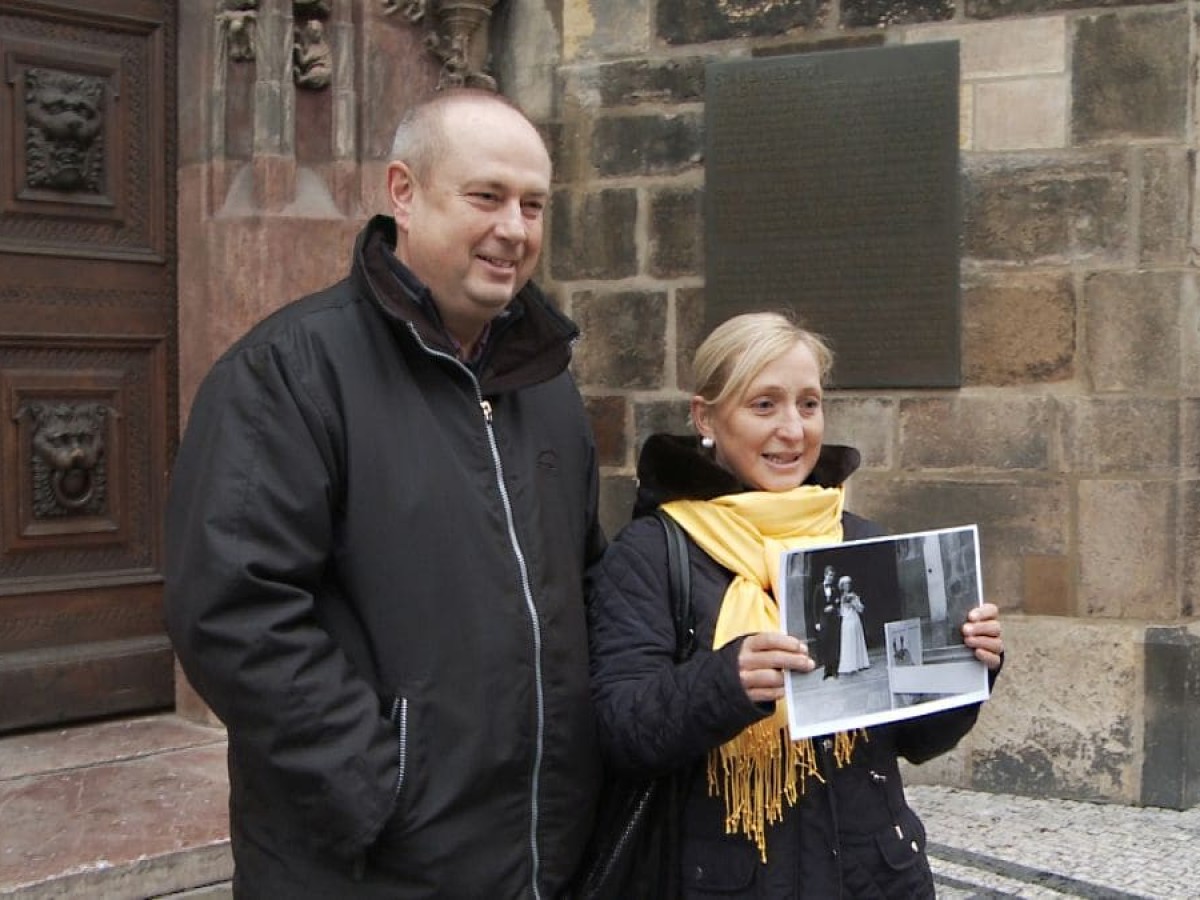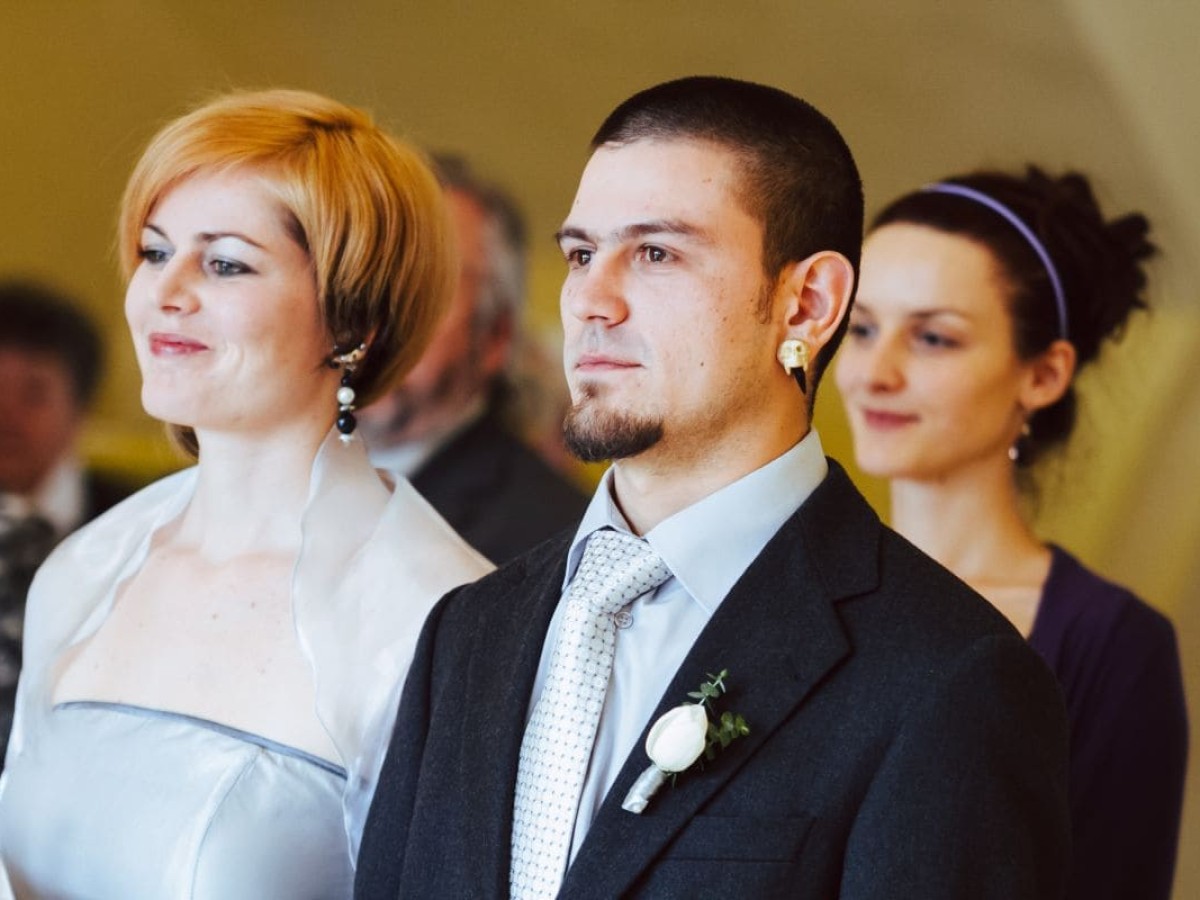Life Courses
Long-Term Observations from Seven Decades
March 1 to April 26, 2024
The documentary form of the long-term observation has a very special relationship to the course of life and its processes. This is what differentiates it, for instance, from biographical narratives and audiovisual chronicles that summarize – firmly anchored in the present. If, on the other hand, we spend a few hours with fragments of filmic time recorded over a span of decades, we become witnesses to how children grow up fast and how adults grow old and lose time, while ourselves gaining time for the question: What is life?
The nexus film/life/aliveness has accompanied film theory from the start. Dziga Vertov tried to capture "life as it is" with his camera, Jean Epstein was excited about the "animating" of the moving image (photogénie), and Siegfried Kracauer attested to film's potential "to redeem physical reality." In the 21st century, film theory continues to address the question of life. Books testifying to this include Chris Tedjasukmana's Mechanische Verlebendigung (2012) and Inga Pollmann's Cinematic Vitalism (2017). But for the sciences (especially biology), the invention of film also promised glimpses into the connections between living organisms, growth, and the environment. In long-term observational documentaries, we encounter a genre obsessed with the idea of life. Here, documentary film meets the Petri dish of biological experiments, the sociological method of long-term observation, and the ethnographic method of participatory observation as well as popular TV series. The major Czech long-term documentarian Helena Třeštíková speaks of a "method for collecting time" (or "časosberná metoda" in Czech), emphasizing the openness and unpredictability of the process.
Long-term documentaries first appeared in the early 1960s as the documentary film scene went through significant changes under the impulse of important movements such as direct cinema and cinéma vérité. The films and series in question here are documentaries produced for cinemas and/or TV whose productions spanned many years or decades, creating a comprehensive portrait of an individual person, a group of protagonists, or an entire society through long-term filmic accompaniment (or long-term observation). While on the one hand long-term documentaries look at collective, class-related, and socio-political developments, on the other hand they indulge in our fascination for individual fates and the observation of the banality of everyday life. As a result, the stories recounted are not only a reflection of life. Life also inscribes itself into the materiality of the film images: A long-term documentation is both time travel through the lives of ordinary people and a journey into the history of the human race and technology over the past seven decades. Because of their archival function, they contribute to writing a history of documentary film and reveal a media archeology transitioning from the analog black and white images of the 1960s to the digital color images of today.
Starting with the oldest long-term documentary in film history, the German chronicle Die Kinder von Golzow by Winfried and Barbara Junge (GDR/Germany, 1961-2007), the film series Life Courses: Long-Term Observations from Seven Decades brings together classics of international long-term documentary cinema for the first time. from the British series Seven Up by Michael Apted and Paul Almond (Great Britain, 1964-2019) – currently the longest long-term documentation in film and TV history and which will be shown in full – to the Swedish series The Children from Jordbro by Rainer Hartleb. Alongside these iconic film projects, the series also includes a selection of lesser known examples from a total of ten countries, including South Korea (Daldongne 33 Up, Cho Uhn [1999-]2020), Australia (The Story of Kerry, Josie and Diana 14-47, Gillian Armstrong, [1976-]2010) and France (Les bonnes conditions, Julie Gavras, [2003-]2017), as well as a special program focusing on the most productive and best known long-term documentarian in the world, Czech filmmaker Helena Třeštíková (Private Universe, [1975-]2012, Rene, 2008). To highlight longue durée across different media, for the first time together with long-term documentaries, the earliest two time-lapse films – Kinematographische Studien an Impatiens, Vicia, Tulipa, Mimosa und Desmodium (1898-1900) by Wilhelm Pfeffer and La croissance des végétaux (1929) by Jean Comandon – will be shown in a cinema, along with more experimental films like Max Turnheim (Friedl vom Gröller, 2023). The fact that the little-known genre of the long-term observation has been a source of inspiration beyond the bounds of the documentary is proven by Richard Linklater's fictional Boyhood (2014), which was filmed over a span of twelve years.
This selection of films proves that life writes the best scripts. Nothing remains untouched by the encounter with the concept of longue durée: neither the filmmakers, who are, like the protagonists, exposed to the flow of time, nor us, the viewers. It is nearly impossible not to be touched by the raw aliveness of life's passage. Next to the universal experience of aging and transience, these films also provide a precise glimpse into socially relevant topics such as inequality, racism, gender roles, and ideas of what a "good life" means. However, the filmic gaze (almost) always places itself at eye level with the participating protagonists and invites them to reflect on their lives. This sheds light on social norms from class reproduction to heteronormativity in all their potency.
In collaboration between the University of Vienna and Goethe University Frankfurt, the lecture series Life Courses/Lebensverläufe will compliment the retrospective by presenting a series of lectures that will serve as introductions to the film programs. Distinguished long-term documentary experts will provide glimpses into the long-term documentations Die Kinder von Golzow by Winfried and Barbara Junge (GDR/Germany, 1961-2007), Seven Up by Michael Apted (Great Britain, 1963-2019), Romans d'ados by Béatrice and Nasser Bakhti (Switzerland, 2002-2008, 2017), Private Universe by Helena Třeštíková (CSSR/Czechoslovakia, 1974-2012), and The Story of Kerry, Josy, and Diana by Gillian Armstrong (Australia, 1976-2009).
Given in English and German, the lectures are intended for amateur film scholars, students, and researchers.
The documentary form of the long-term observation has a very special relationship to the course of life and its processes. This is what differentiates it, for instance, from biographical narratives and audiovisual chronicles that summarize – firmly anchored in the present. If, on the other hand, we spend a few hours with fragments of filmic time recorded over a span of decades, we become witnesses to how children grow up fast and how adults grow old and lose time, while ourselves gaining time for the question: What is life?
The nexus film/life/aliveness has accompanied film theory from the start. Dziga Vertov tried to capture "life as it is" with his camera, Jean Epstein was excited about the "animating" of the moving image (photogénie), and Siegfried Kracauer attested to film's potential "to redeem physical reality." In the 21st century, film theory continues to address the question of life. Books testifying to this include Chris Tedjasukmana's Mechanische Verlebendigung (2012) and Inga Pollmann's Cinematic Vitalism (2017). But for the sciences (especially biology), the invention of film also promised glimpses into the connections between living organisms, growth, and the environment. In long-term observational documentaries, we encounter a genre obsessed with the idea of life. Here, documentary film meets the Petri dish of biological experiments, the sociological method of long-term observation, and the ethnographic method of participatory observation as well as popular TV series. The major Czech long-term documentarian Helena Třeštíková speaks of a "method for collecting time" (or "časosberná metoda" in Czech), emphasizing the openness and unpredictability of the process.
Long-term documentaries first appeared in the early 1960s as the documentary film scene went through significant changes under the impulse of important movements such as direct cinema and cinéma vérité. The films and series in question here are documentaries produced for cinemas and/or TV whose productions spanned many years or decades, creating a comprehensive portrait of an individual person, a group of protagonists, or an entire society through long-term filmic accompaniment (or long-term observation). While on the one hand long-term documentaries look at collective, class-related, and socio-political developments, on the other hand they indulge in our fascination for individual fates and the observation of the banality of everyday life. As a result, the stories recounted are not only a reflection of life. Life also inscribes itself into the materiality of the film images: A long-term documentation is both time travel through the lives of ordinary people and a journey into the history of the human race and technology over the past seven decades. Because of their archival function, they contribute to writing a history of documentary film and reveal a media archeology transitioning from the analog black and white images of the 1960s to the digital color images of today.
Starting with the oldest long-term documentary in film history, the German chronicle Die Kinder von Golzow by Winfried and Barbara Junge (GDR/Germany, 1961-2007), the film series Life Courses: Long-Term Observations from Seven Decades brings together classics of international long-term documentary cinema for the first time. from the British series Seven Up by Michael Apted and Paul Almond (Great Britain, 1964-2019) – currently the longest long-term documentation in film and TV history and which will be shown in full – to the Swedish series The Children from Jordbro by Rainer Hartleb. Alongside these iconic film projects, the series also includes a selection of lesser known examples from a total of ten countries, including South Korea (Daldongne 33 Up, Cho Uhn [1999-]2020), Australia (The Story of Kerry, Josie and Diana 14-47, Gillian Armstrong, [1976-]2010) and France (Les bonnes conditions, Julie Gavras, [2003-]2017), as well as a special program focusing on the most productive and best known long-term documentarian in the world, Czech filmmaker Helena Třeštíková (Private Universe, [1975-]2012, Rene, 2008). To highlight longue durée across different media, for the first time together with long-term documentaries, the earliest two time-lapse films – Kinematographische Studien an Impatiens, Vicia, Tulipa, Mimosa und Desmodium (1898-1900) by Wilhelm Pfeffer and La croissance des végétaux (1929) by Jean Comandon – will be shown in a cinema, along with more experimental films like Max Turnheim (Friedl vom Gröller, 2023). The fact that the little-known genre of the long-term observation has been a source of inspiration beyond the bounds of the documentary is proven by Richard Linklater's fictional Boyhood (2014), which was filmed over a span of twelve years.
This selection of films proves that life writes the best scripts. Nothing remains untouched by the encounter with the concept of longue durée: neither the filmmakers, who are, like the protagonists, exposed to the flow of time, nor us, the viewers. It is nearly impossible not to be touched by the raw aliveness of life's passage. Next to the universal experience of aging and transience, these films also provide a precise glimpse into socially relevant topics such as inequality, racism, gender roles, and ideas of what a "good life" means. However, the filmic gaze (almost) always places itself at eye level with the participating protagonists and invites them to reflect on their lives. This sheds light on social norms from class reproduction to heteronormativity in all their potency.
In collaboration between the University of Vienna and Goethe University Frankfurt, the lecture series Life Courses/Lebensverläufe will compliment the retrospective by presenting a series of lectures that will serve as introductions to the film programs. Distinguished long-term documentary experts will provide glimpses into the long-term documentations Die Kinder von Golzow by Winfried and Barbara Junge (GDR/Germany, 1961-2007), Seven Up by Michael Apted (Great Britain, 1963-2019), Romans d'ados by Béatrice and Nasser Bakhti (Switzerland, 2002-2008, 2017), Private Universe by Helena Třeštíková (CSSR/Czechoslovakia, 1974-2012), and The Story of Kerry, Josy, and Diana by Gillian Armstrong (Australia, 1976-2009).
Given in English and German, the lectures are intended for amateur film scholars, students, and researchers.
Related materials
Photos 2024 -
For each series, films are listed in screening order.
